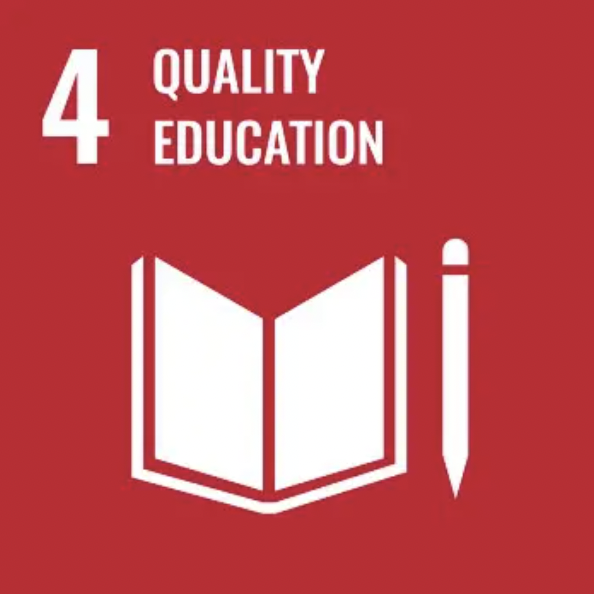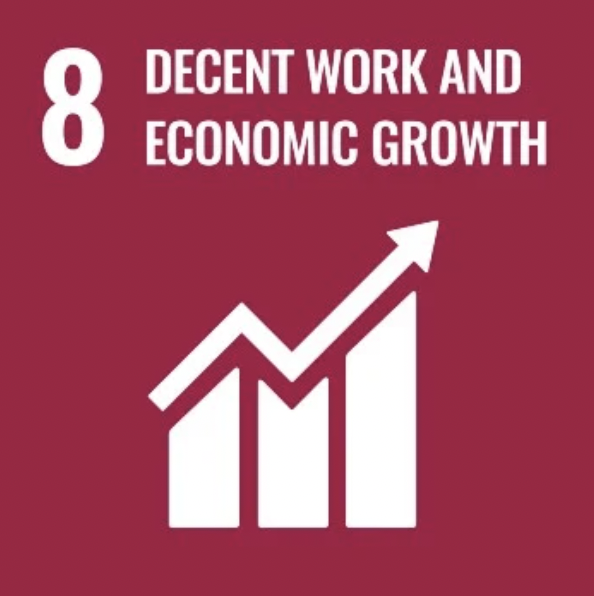G4 – Global History: Themes and Approaches
Coordination:
JOSÉ EDUARDO FRANCO, JOSÉ SALES
The current of “global history” as a historiographical ideology proposes that the construction of knowledge about the past should be carried out in the light of a global hermeneutic key, seeking to overcome the tendentially closed or self-referential circular logic of national histories. It is a question of situating the understanding of the themes and problems that are the subject of historiographical research and interpretation within the porous framework of global dynamics, which give greater complexity to the analysis of processes and results, and of taking into account the notion of networks, appropriation and metamorphosis.
Developing research projects from this wide angle, taking historical movements in the long term as a point of critical observation, combined with an analysis of their effects in the medium and short term in a given territory of expression, allows us to understand the objects of historical study in their various genres, with hybrid and composite originalities, in which the local receives from the global and the global is also enriched by the local. History, in essence, comes to be understood in a “glocal” way, in which territories and historical times are studied in their intrinsic connection to the world’s circulating “machine”. The work of global history is built on an epistemological basis that is intrinsically interdisciplinary, inter-epochal, inter-spatial and inter-relational. In the light of this idea, the fundamental purpose of this Research Group is to open up new avenues to explore a multitude of analyses that will make it possible to complexify critically constructed historical knowledge, involving researchers from the various scientific areas that comprise the CEG groups to develop “Global Histories” projects in the most diverse fields of knowledge construction, establishing an articulated relationship with the different research groups and contributing to the construction of their epistemological identity.
Group:
Researchers
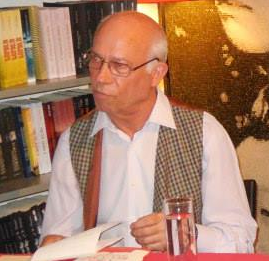 Adelino Cardoso
Adelino Cardoso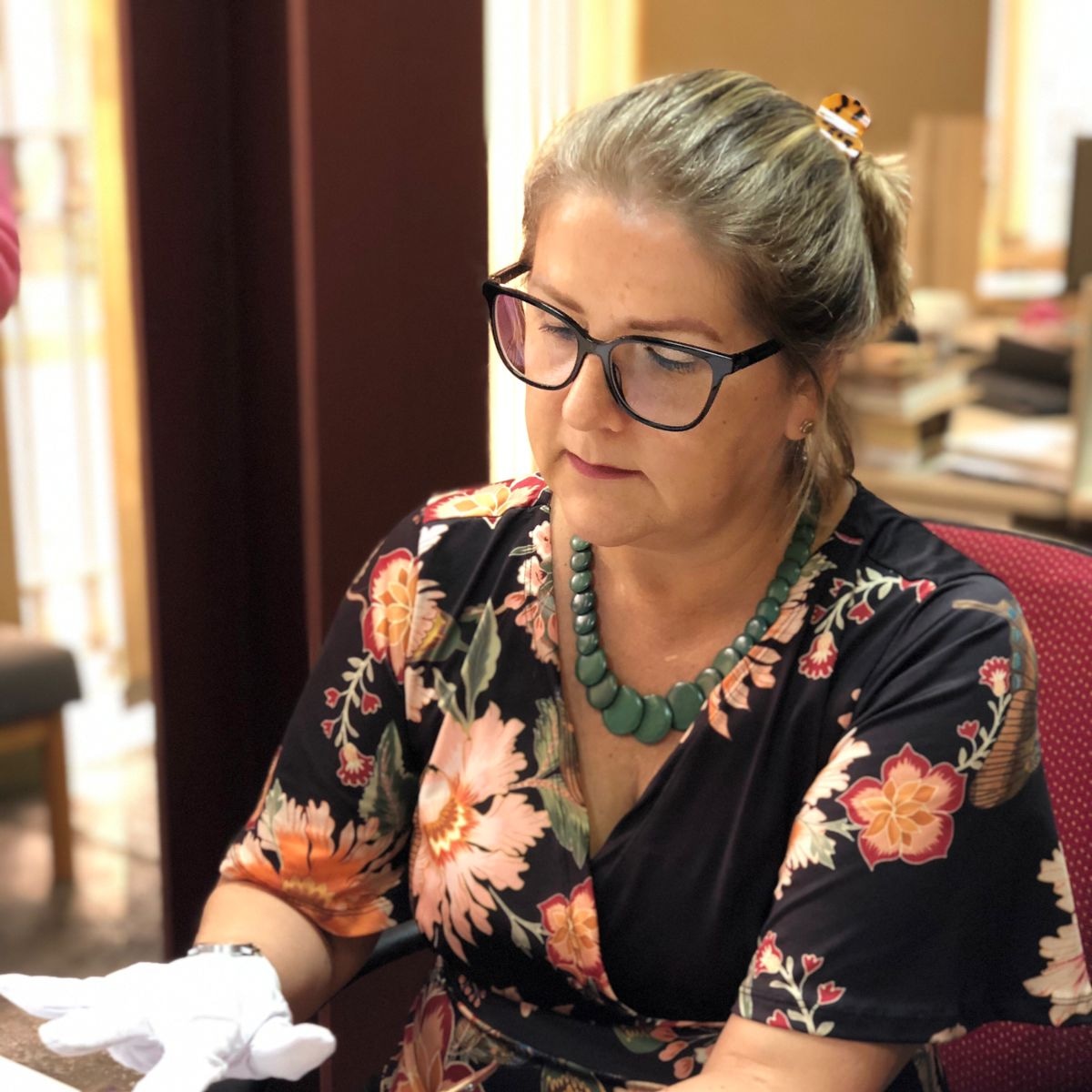 Alícia Duhá Lose
Alícia Duhá Lose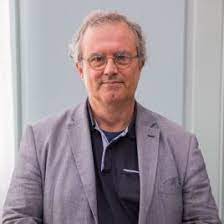 Américo Pereira
Américo Pereira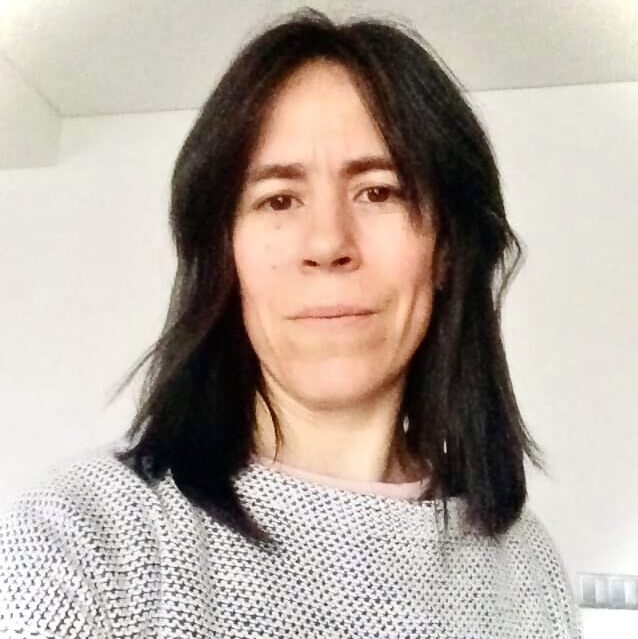 Ana Araújo Rafael
Ana Araújo Rafael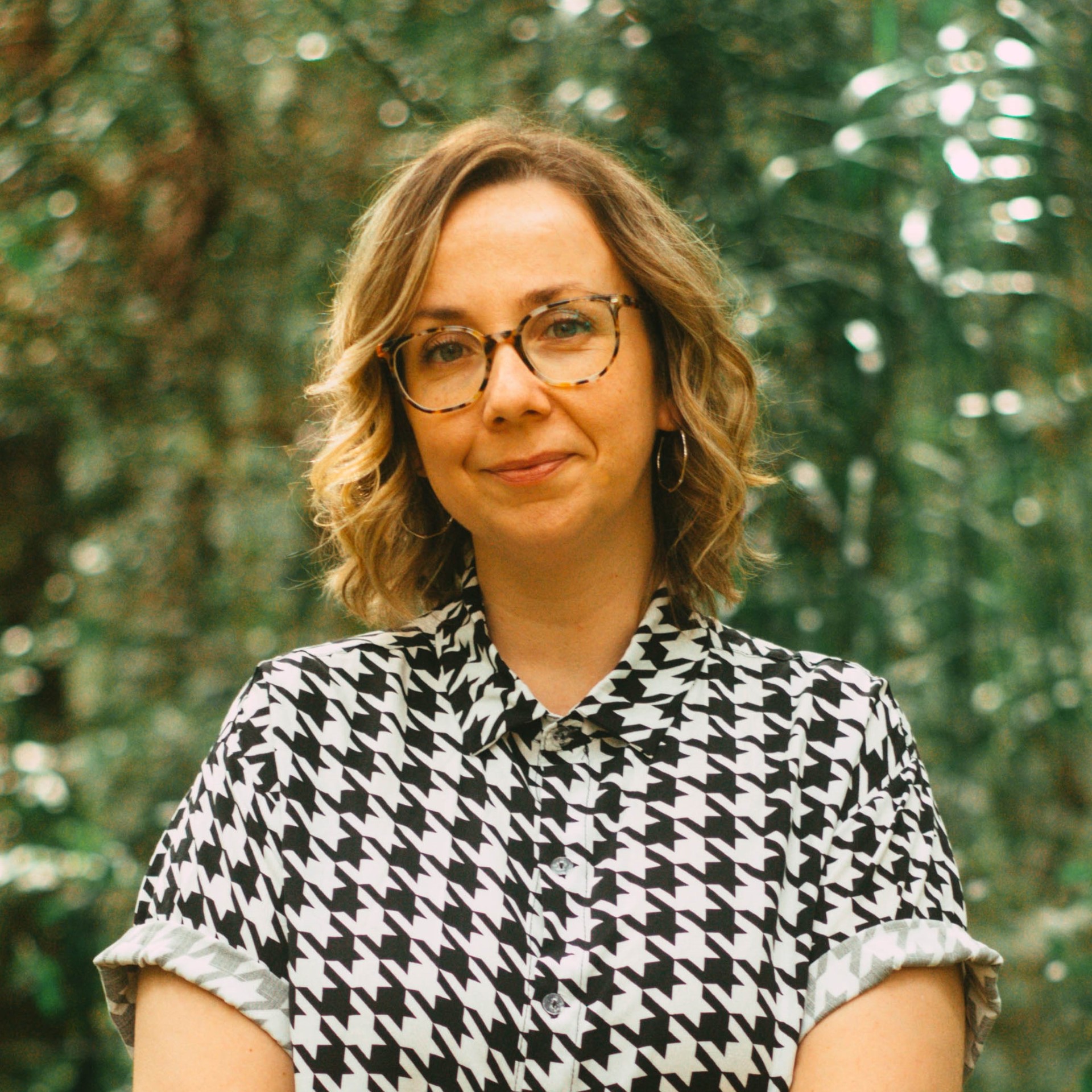 Ana Carolina de Carvalho Viotti
Ana Carolina de Carvalho Viotti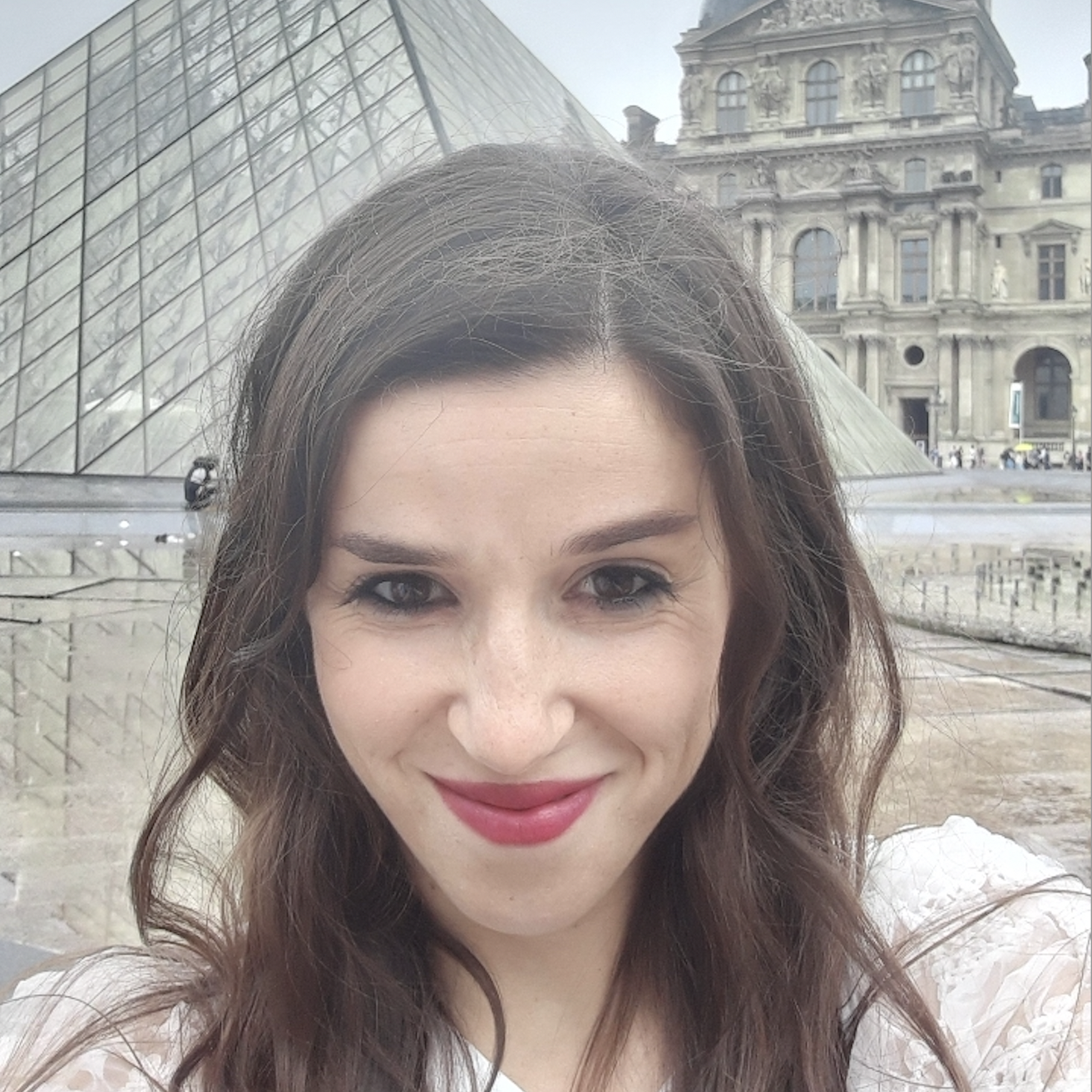 Ana Catarina Necho
Ana Catarina Necho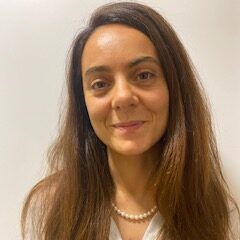 Ana Claudia Henriques
Ana Claudia Henriques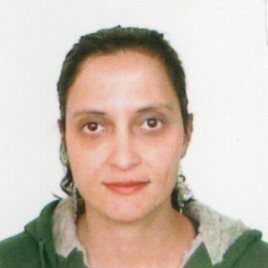 Andrea Gomes Bedin
Andrea Gomes Bedin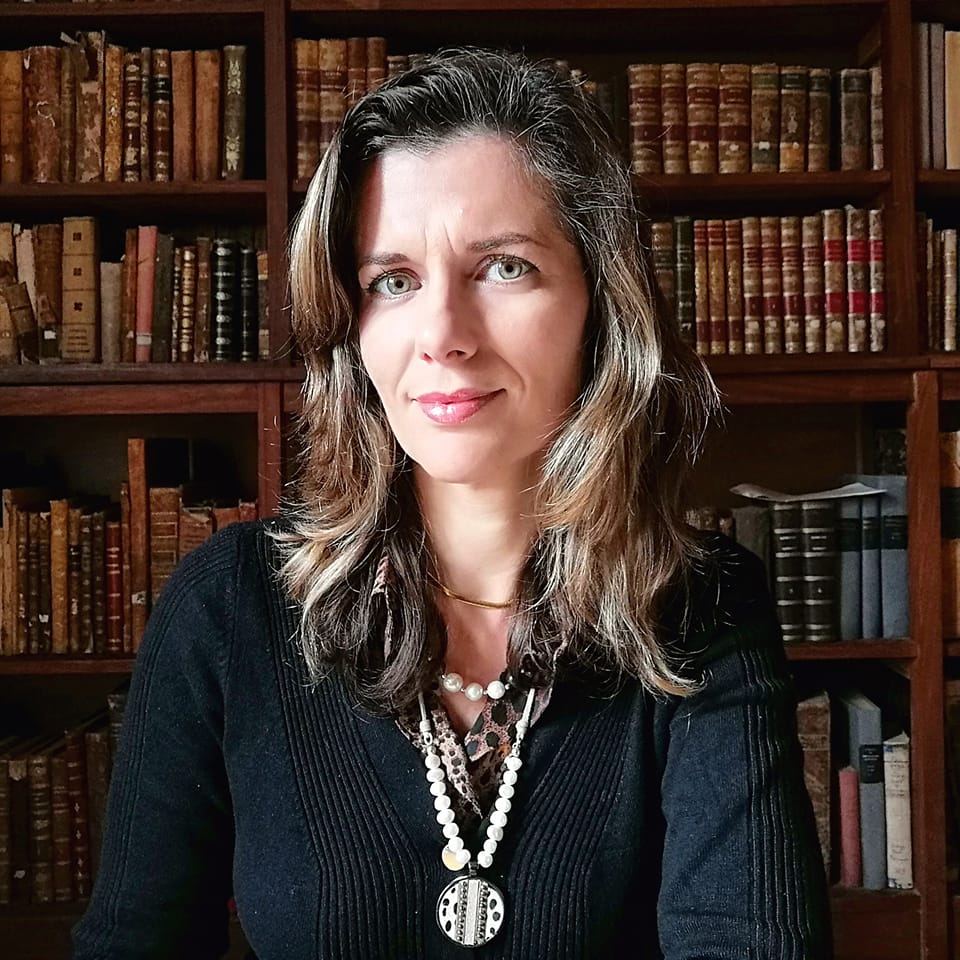 Andreia Lopes Fidalgo
Andreia Lopes Fidalgo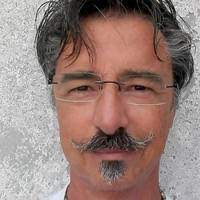 António Brehm
António Brehm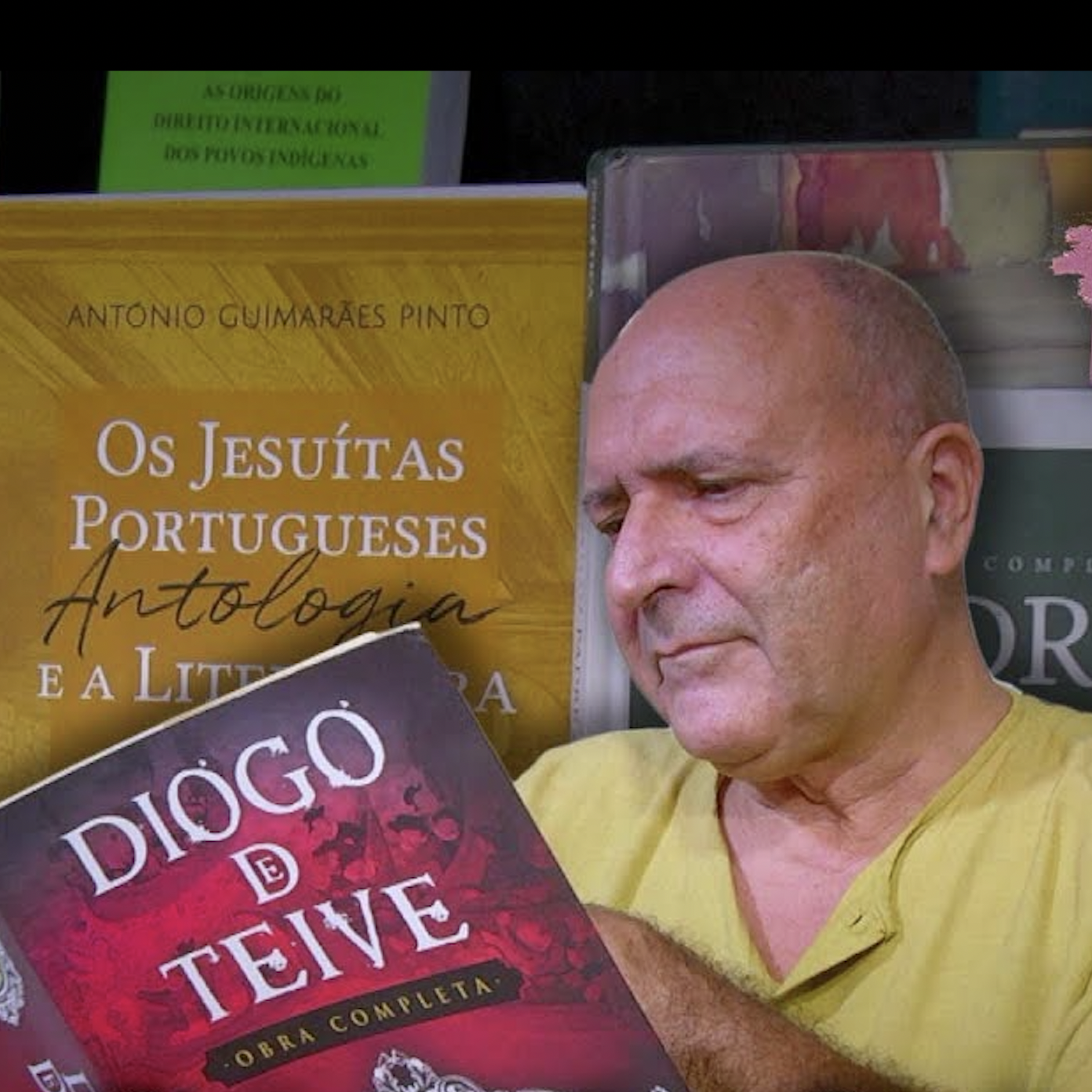 António Guimarães Pinto
António Guimarães Pinto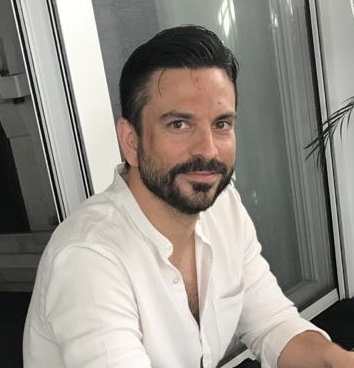 António M. Saez Romero
António M. Saez Romero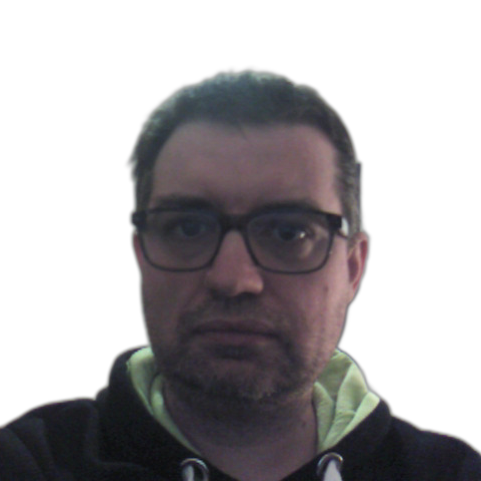 Armando Quintas
Armando Quintas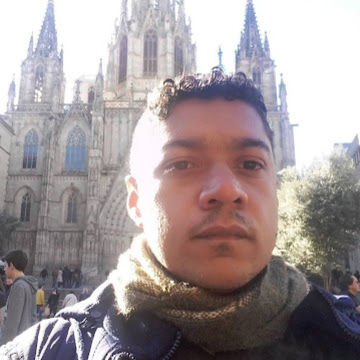 Assis Daniel Gomes
Assis Daniel Gomes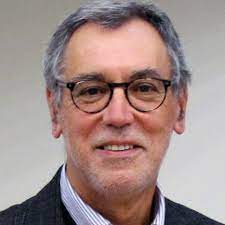 Carlos Filipe
Carlos Filipe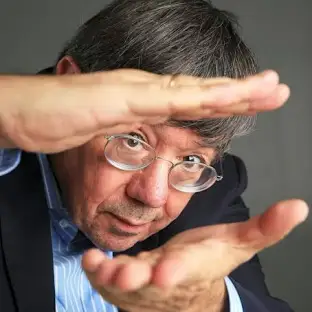 Carlos Fiolhais
Carlos Fiolhais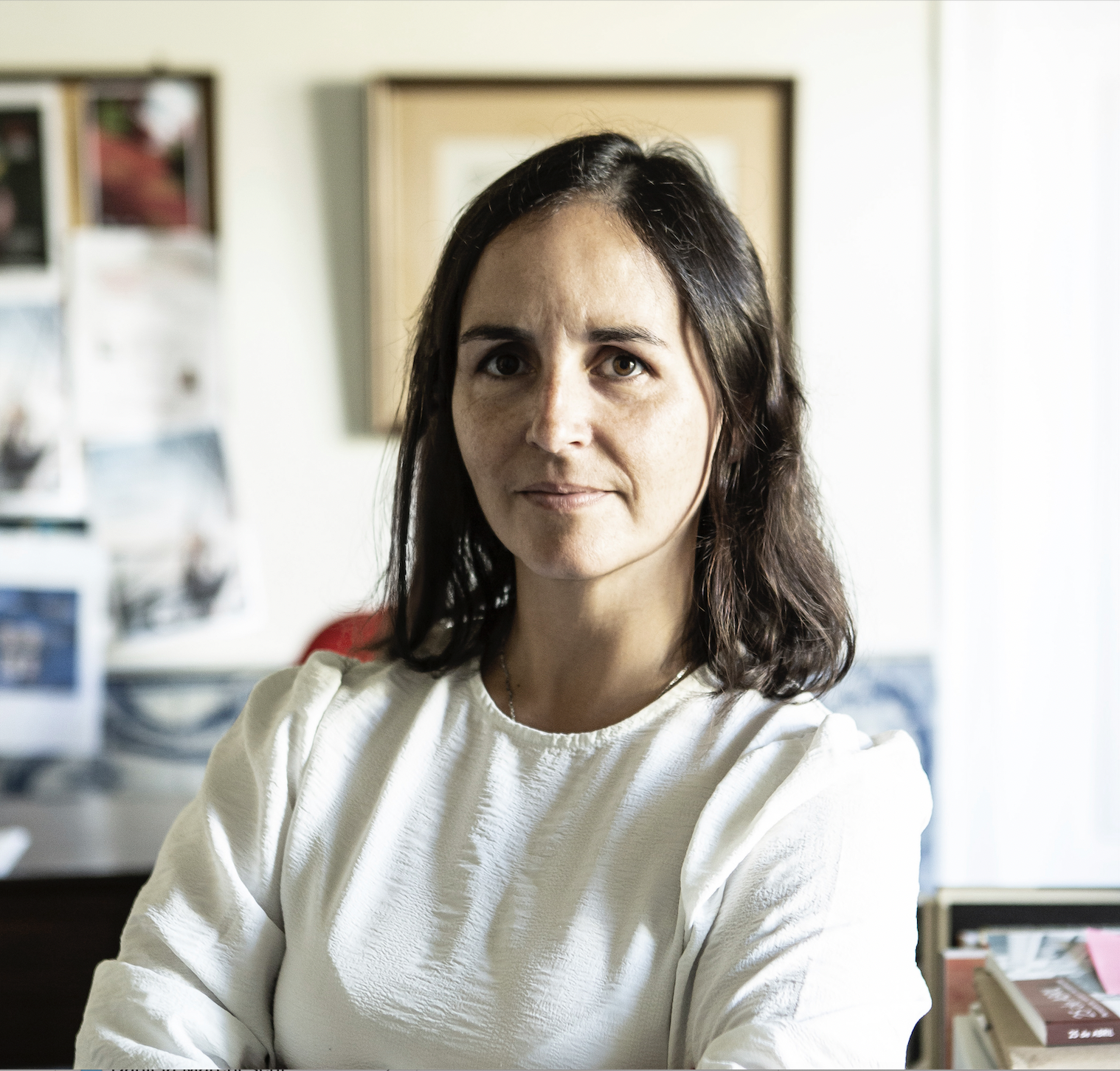 Cristiana Lucas Silva
Cristiana Lucas Silva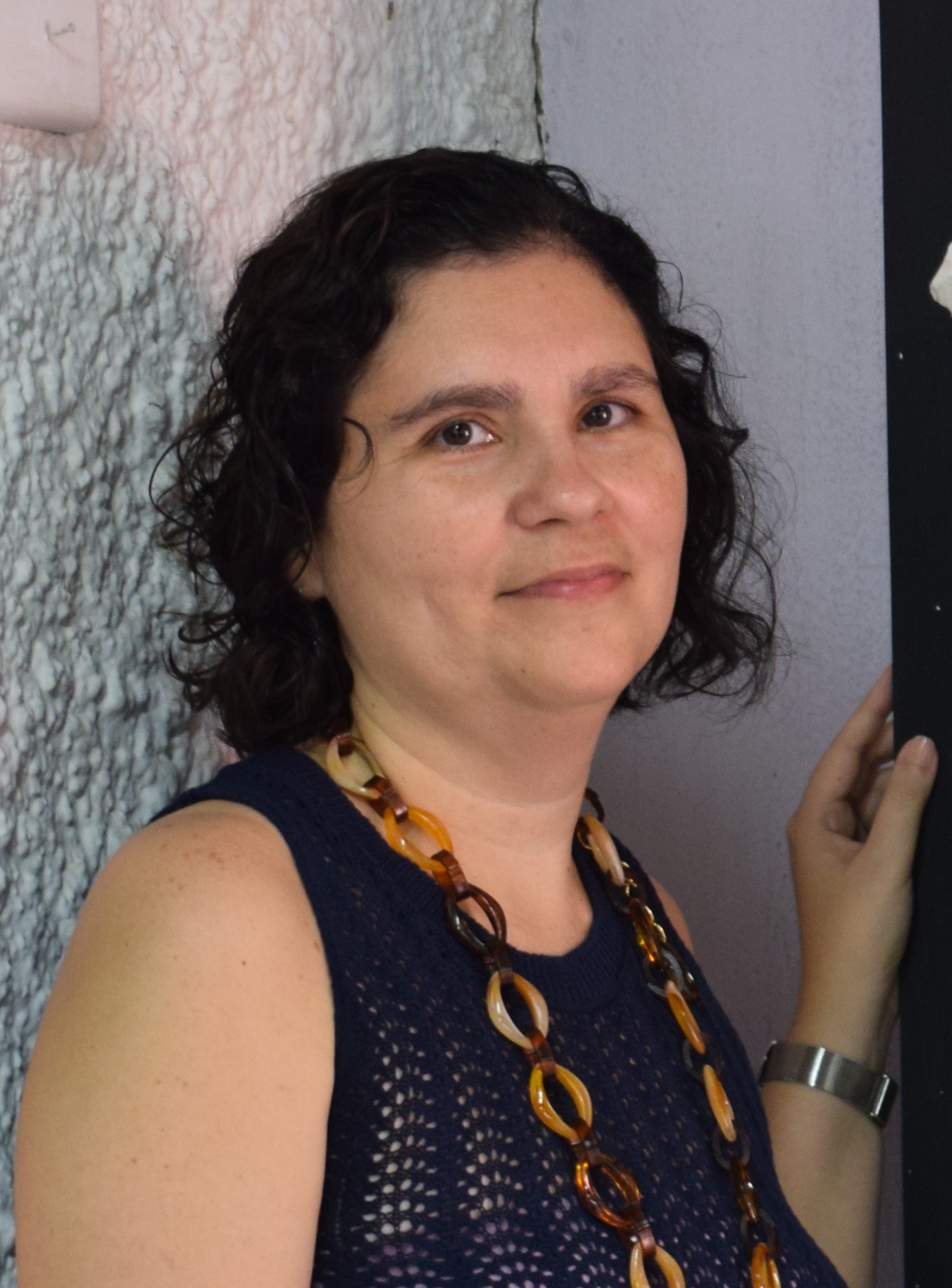 Cybelle Salvador Miranda
Cybelle Salvador Miranda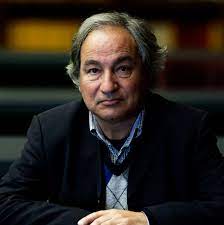 Daniel Brito Rebelo de Sousa Pires
Daniel Brito Rebelo de Sousa Pires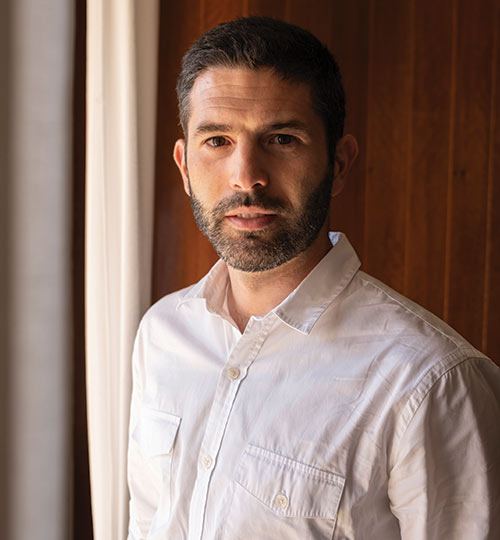 Duarte Valadas Roxo Juzarte Rolo
Duarte Valadas Roxo Juzarte Rolo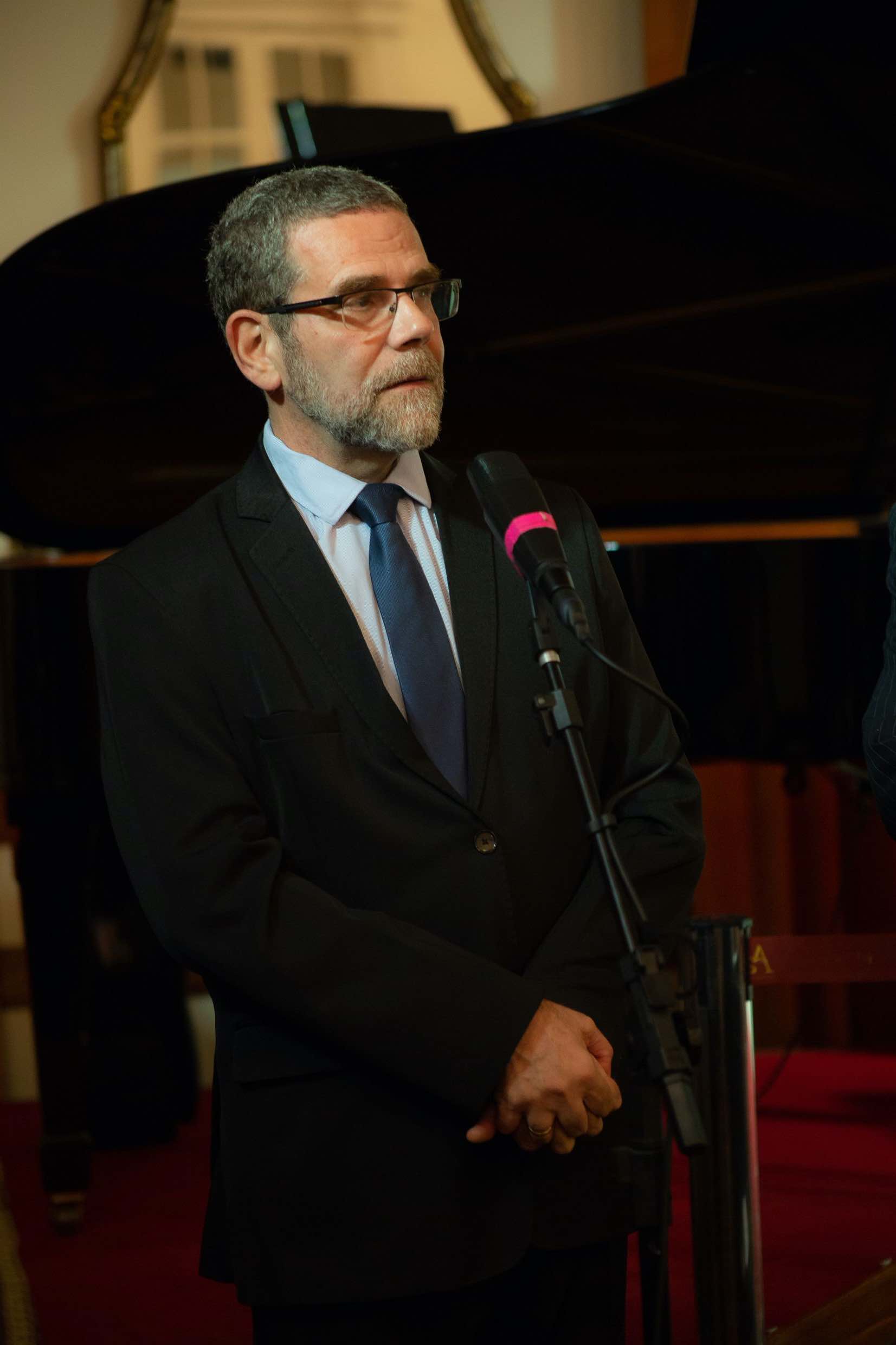 Edgard Leite Neto
Edgard Leite Neto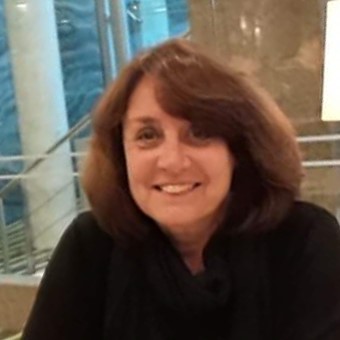 Eliane Cristina Deckmann Fleck
Eliane Cristina Deckmann Fleck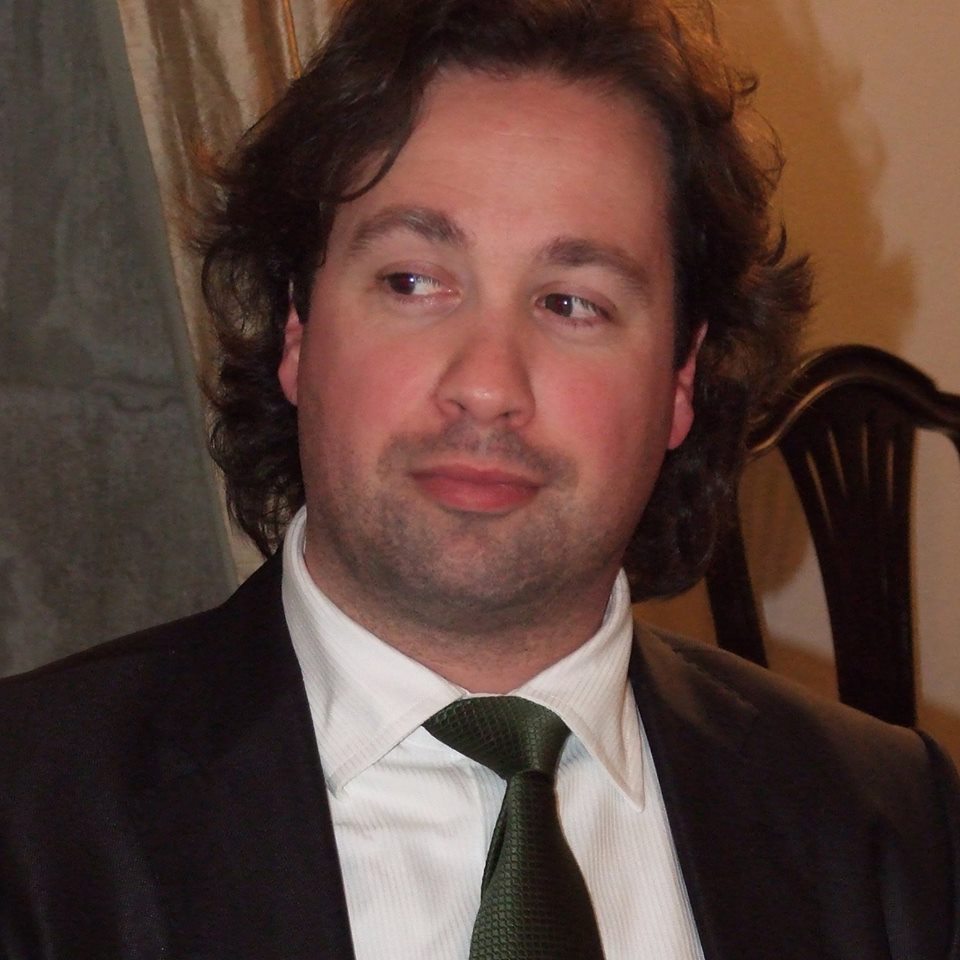 Eurico Dias
Eurico Dias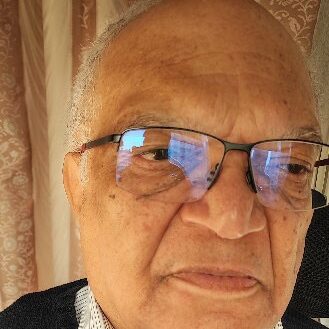 Fernando Correia
Fernando Correia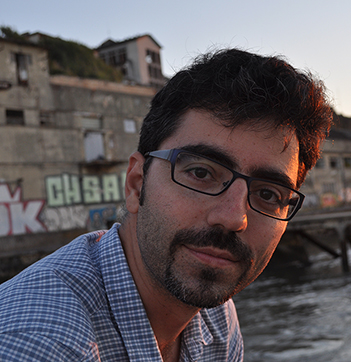 Francisco José García Fernández
Francisco José García Fernández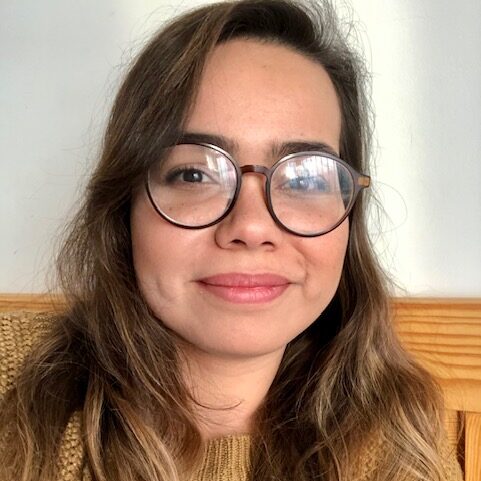 Gabriela Nascimento
Gabriela Nascimento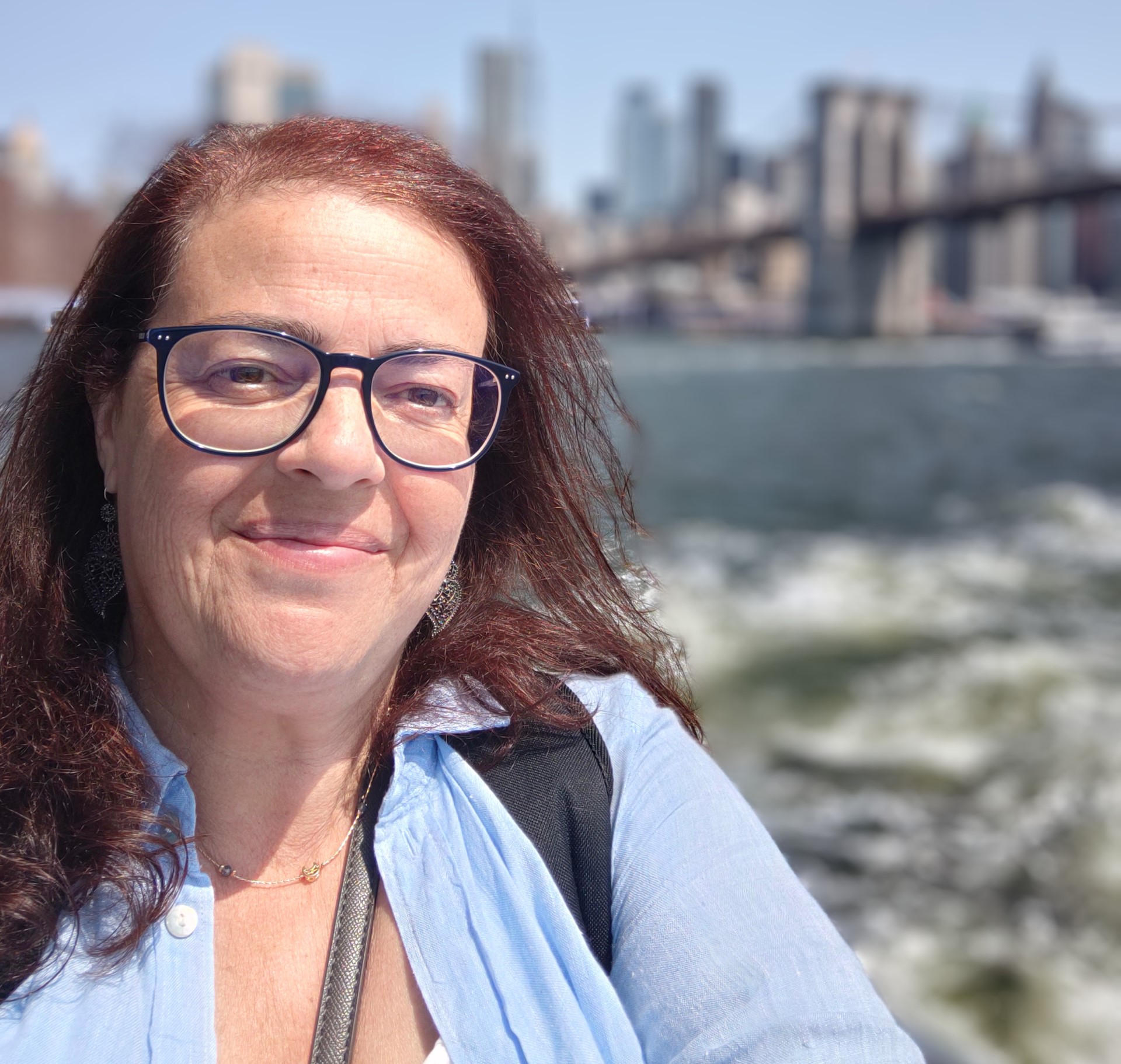 Glória Marina Sousa Almeida Évora
Glória Marina Sousa Almeida Évora Isabel Paulina Sardinha de Gouveia
Isabel Paulina Sardinha de Gouveia Joana Filipa da Silva Santos
Joana Filipa da Silva Santos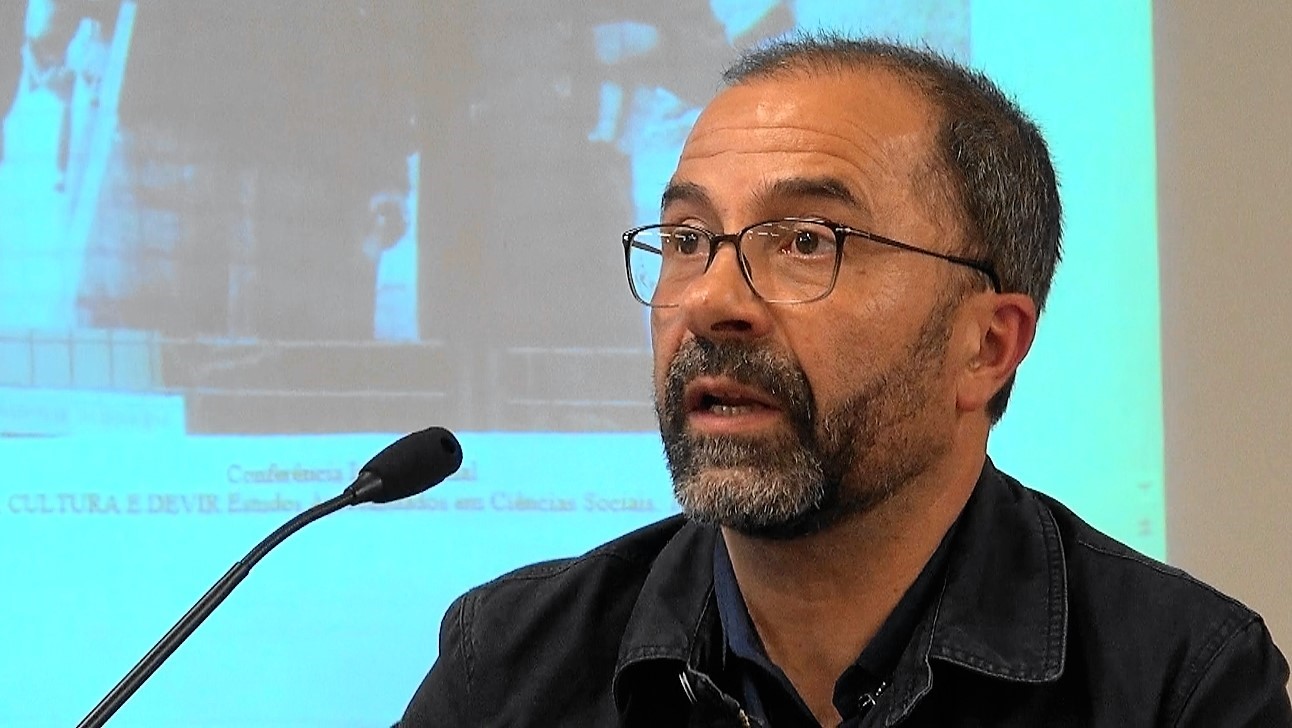 João Carlos Louçã
João Carlos Louçã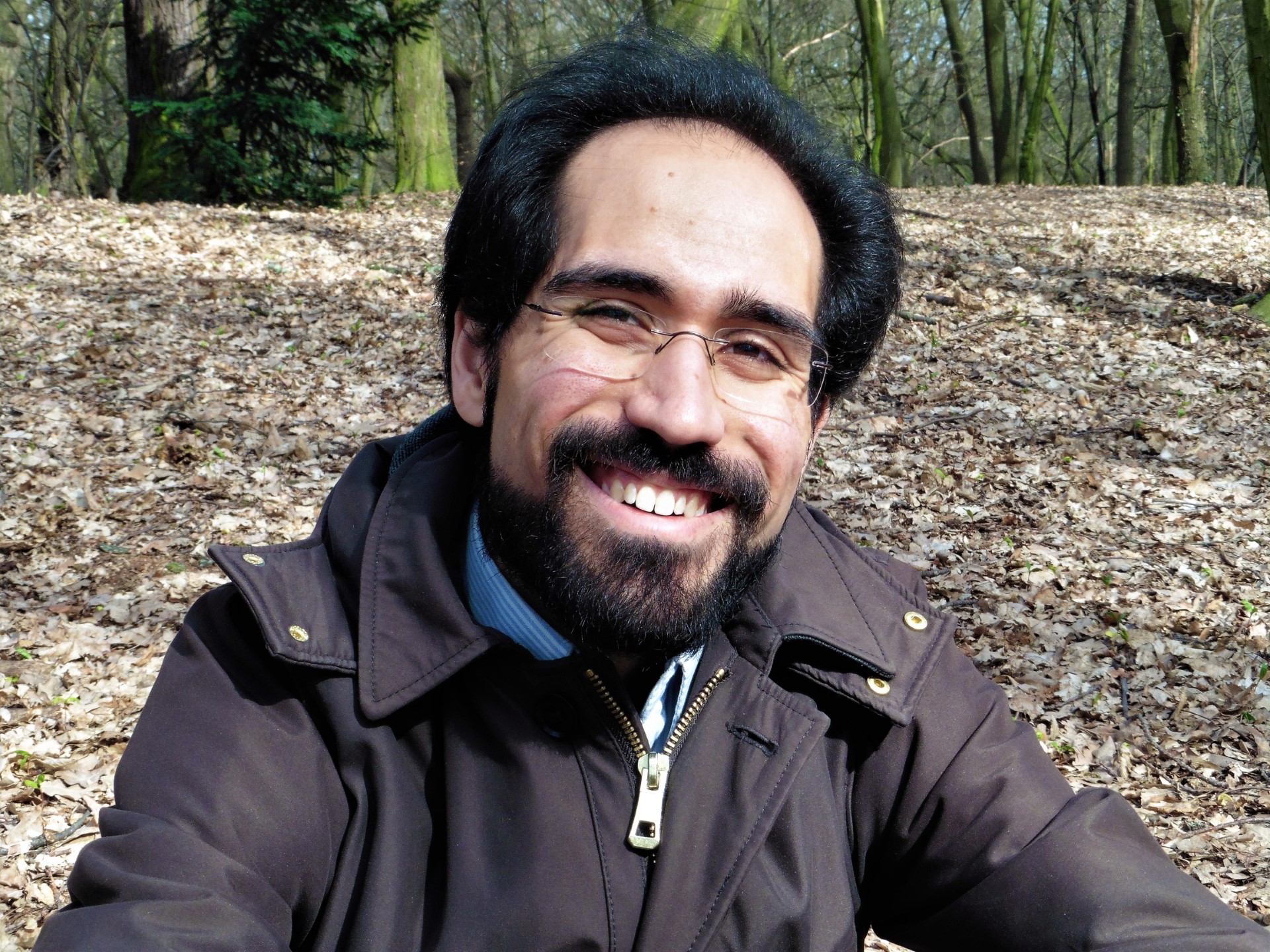 João Diogo Loureiro
João Diogo Loureiro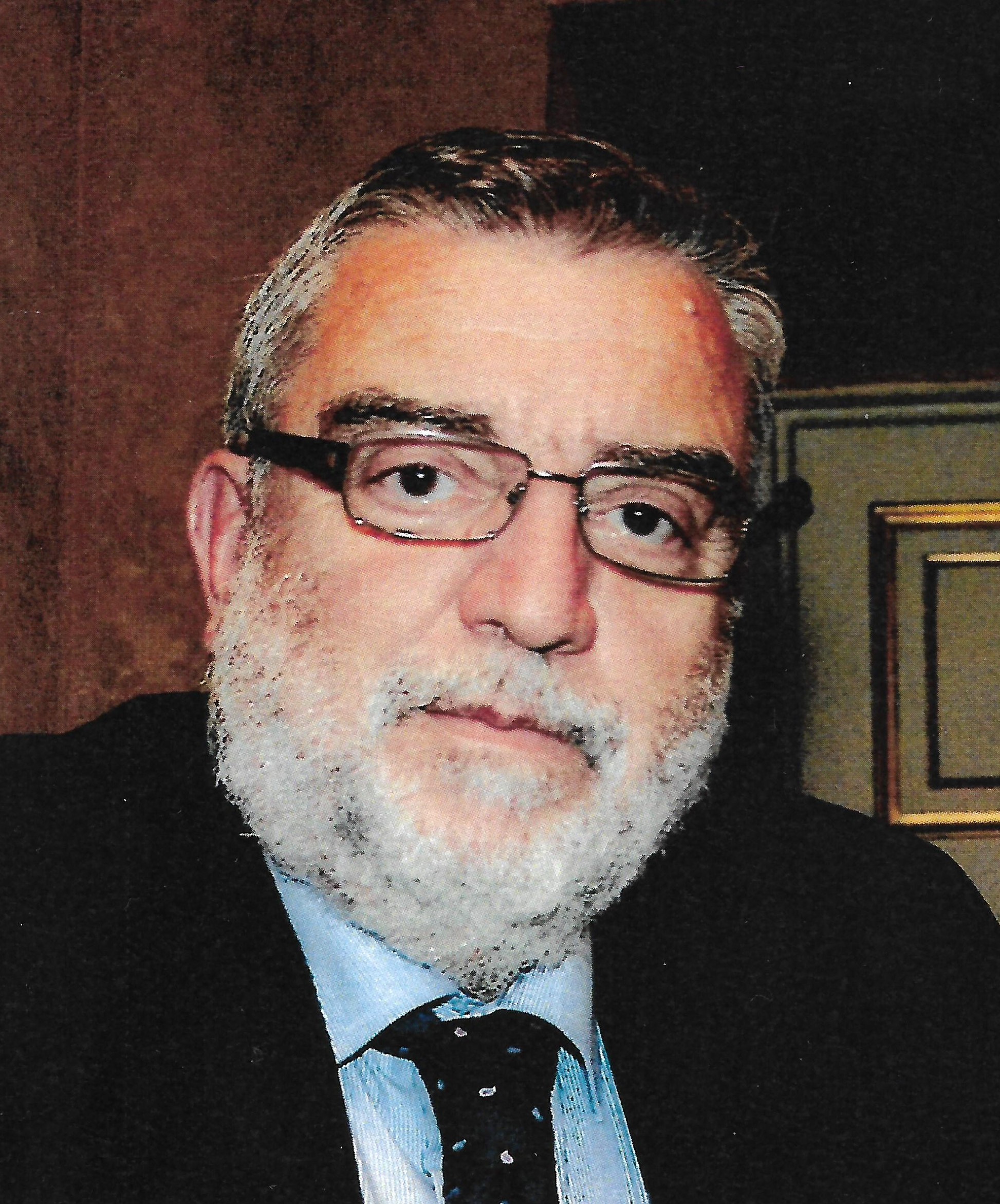 João Luís Cardoso
João Luís Cardoso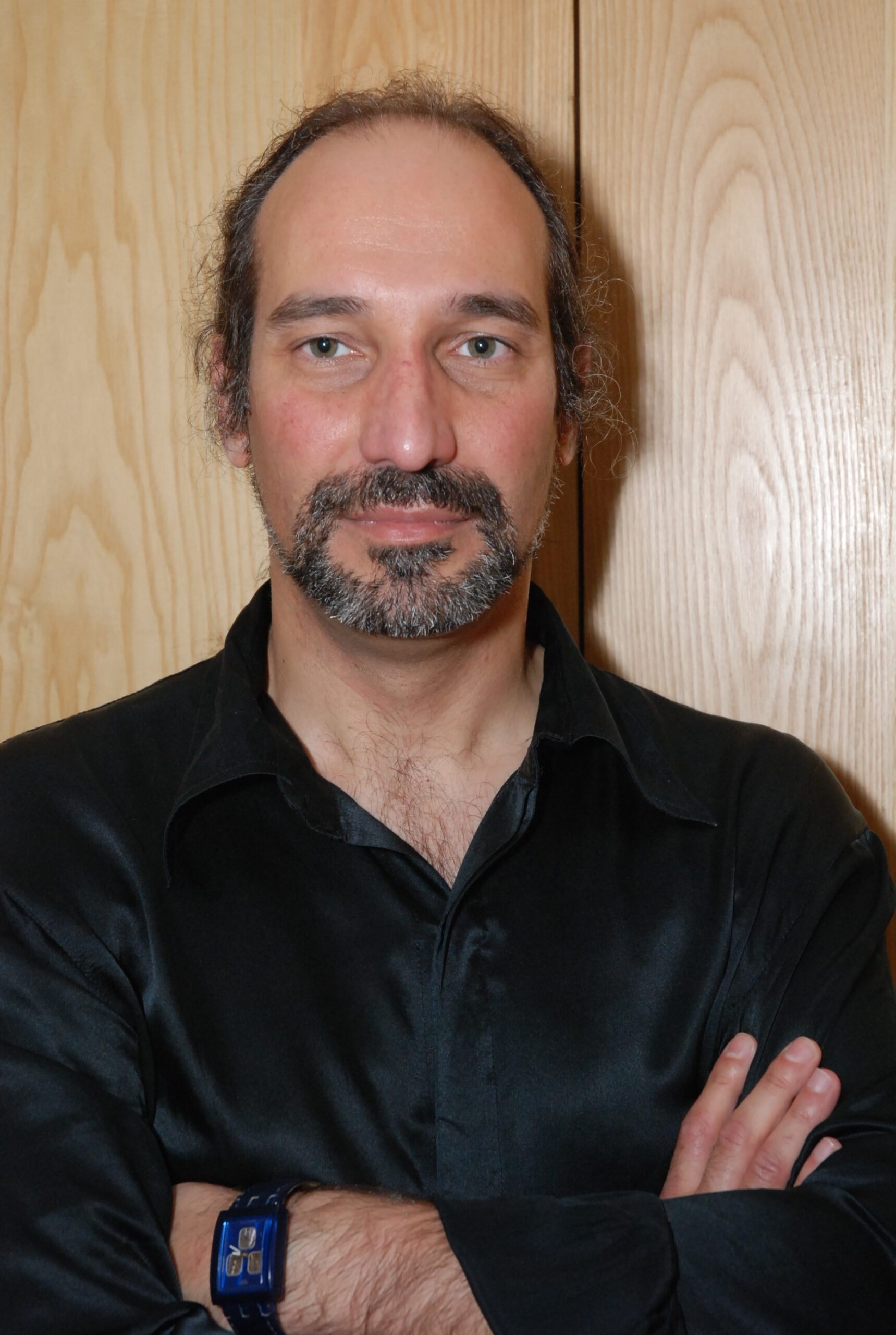 João Paulo de Areosa
João Paulo de Areosa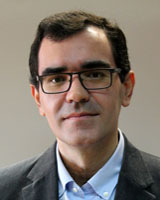 Jorge Bastos da Silva
Jorge Bastos da Silva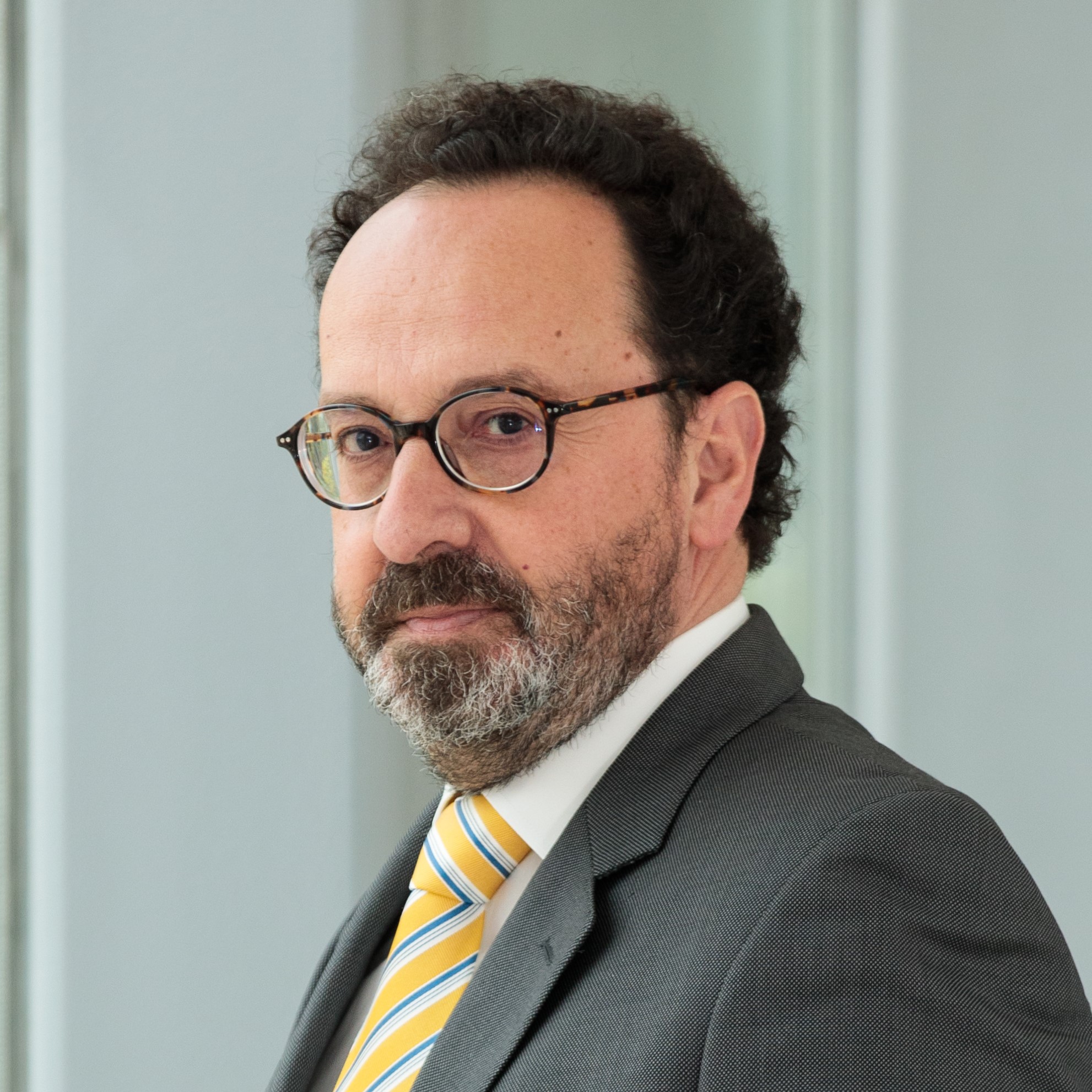 Jorge Mangorrinha Martins
Jorge Mangorrinha Martins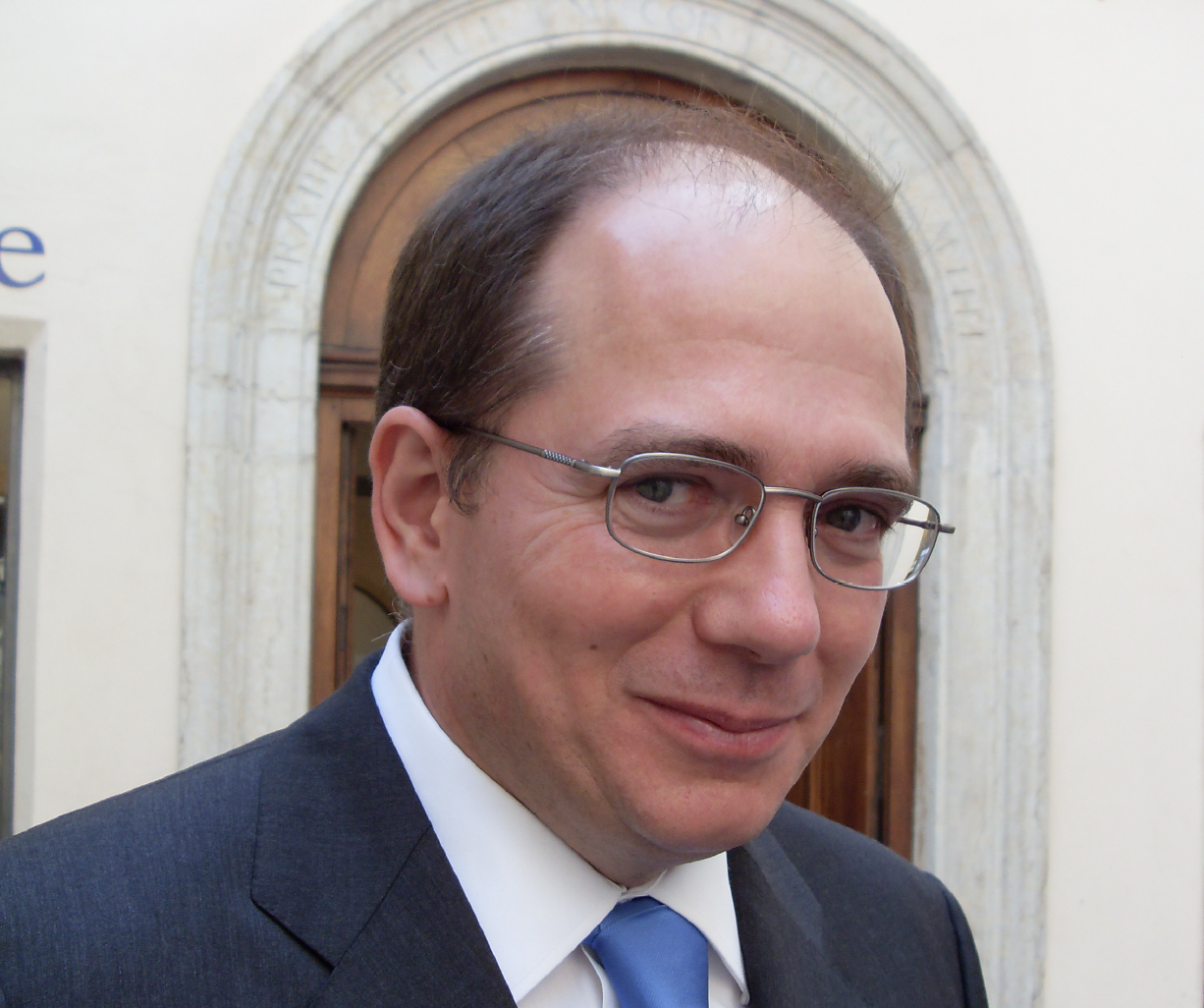 José António Falcão
José António Falcão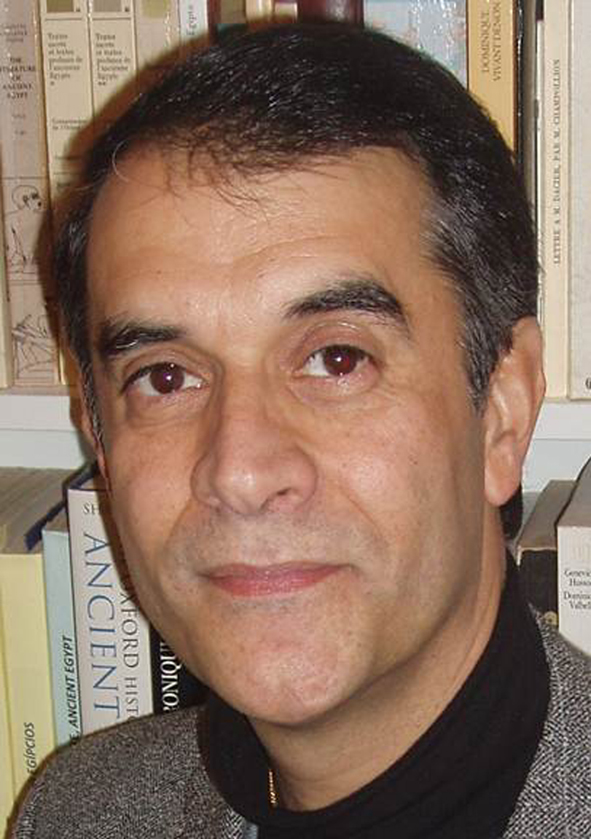 José das Candeias Montes Sales
José das Candeias Montes Sales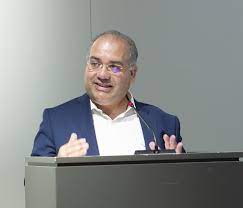 José Eduardo Franco
José Eduardo Franco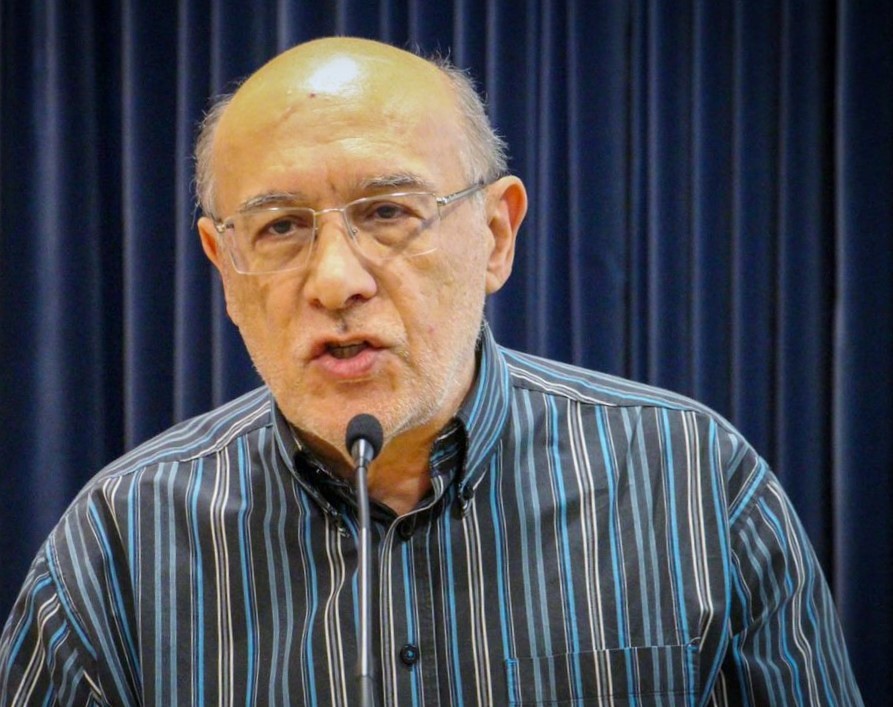 José Manuel Brissos-Lino
José Manuel Brissos-Lino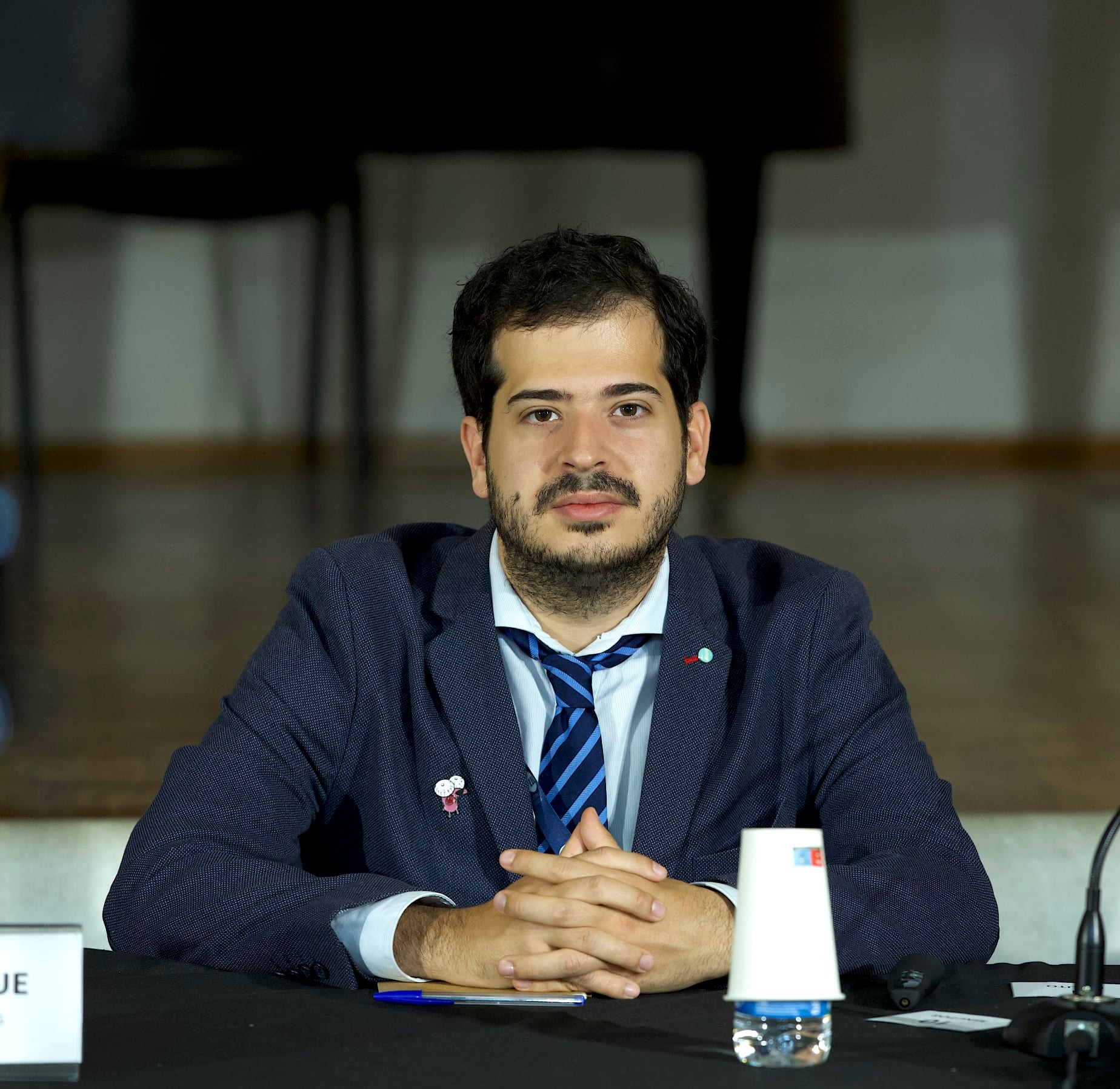 José Ramón Herrera Delgado
José Ramón Herrera Delgado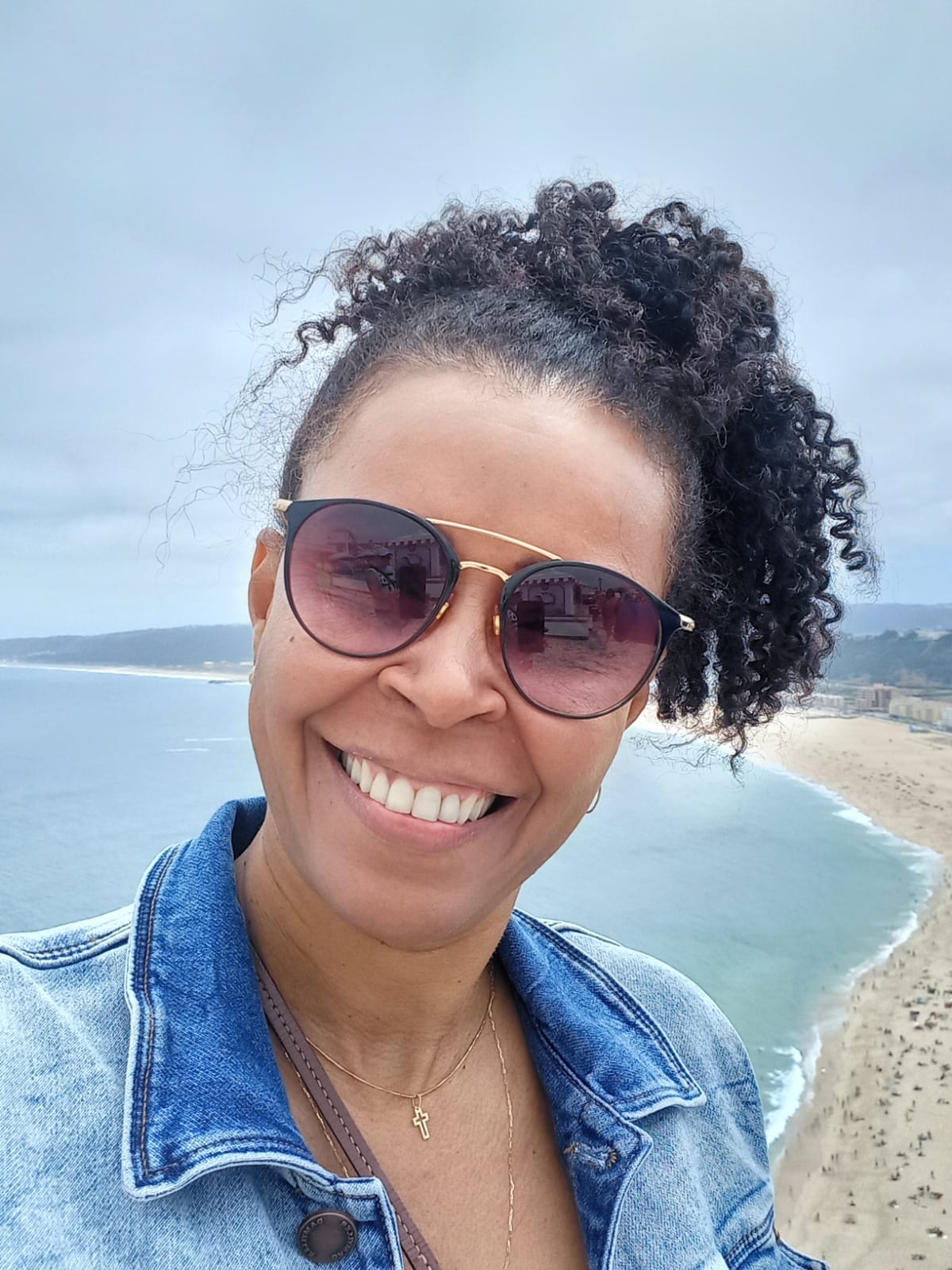 Josineide Siqueira de Santana
Josineide Siqueira de Santana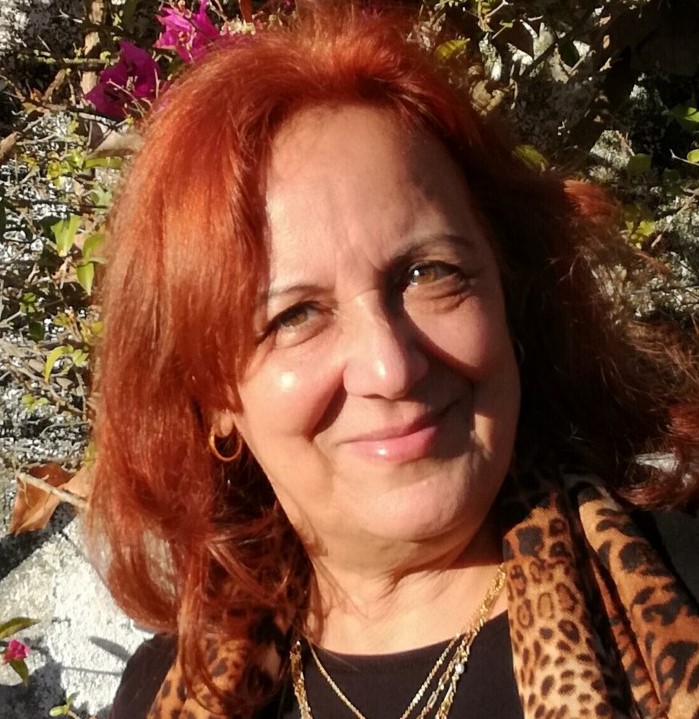 Lina Maria Marques Soares
Lina Maria Marques Soares Luís Carlos Pereira Esteves
Luís Carlos Pereira Esteves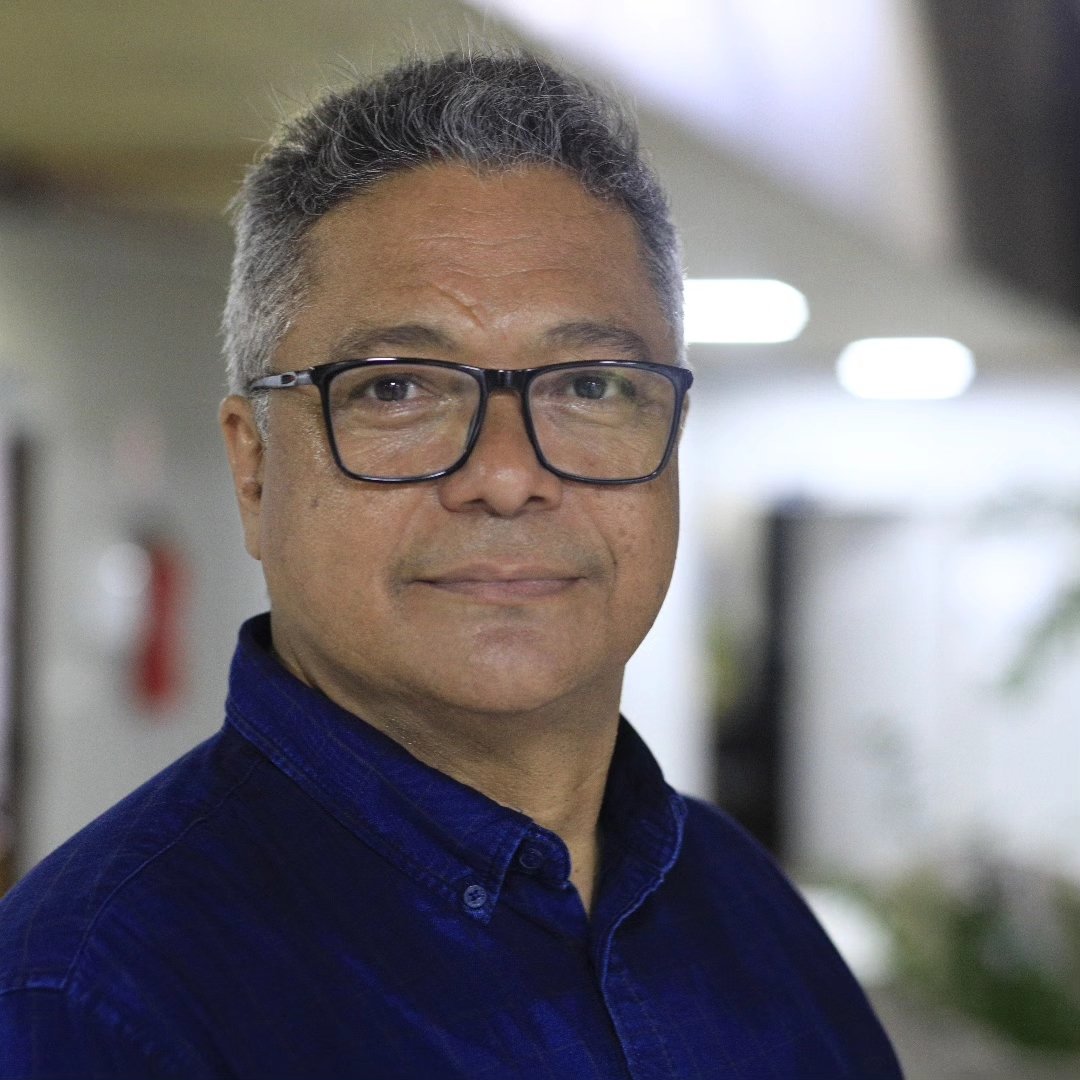 Luiz Eduardo Meneses de Oliveira
Luiz Eduardo Meneses de Oliveira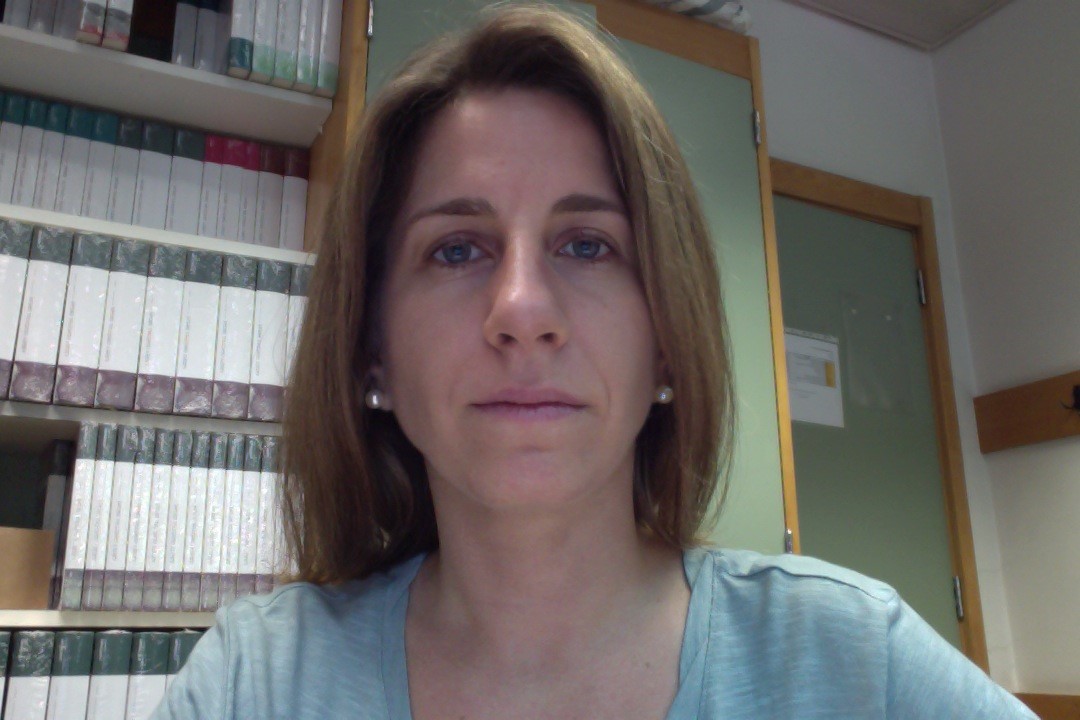 Madalena da Costa Lima
Madalena da Costa Lima Margarida da Conceição Espiguinha
Margarida da Conceição Espiguinha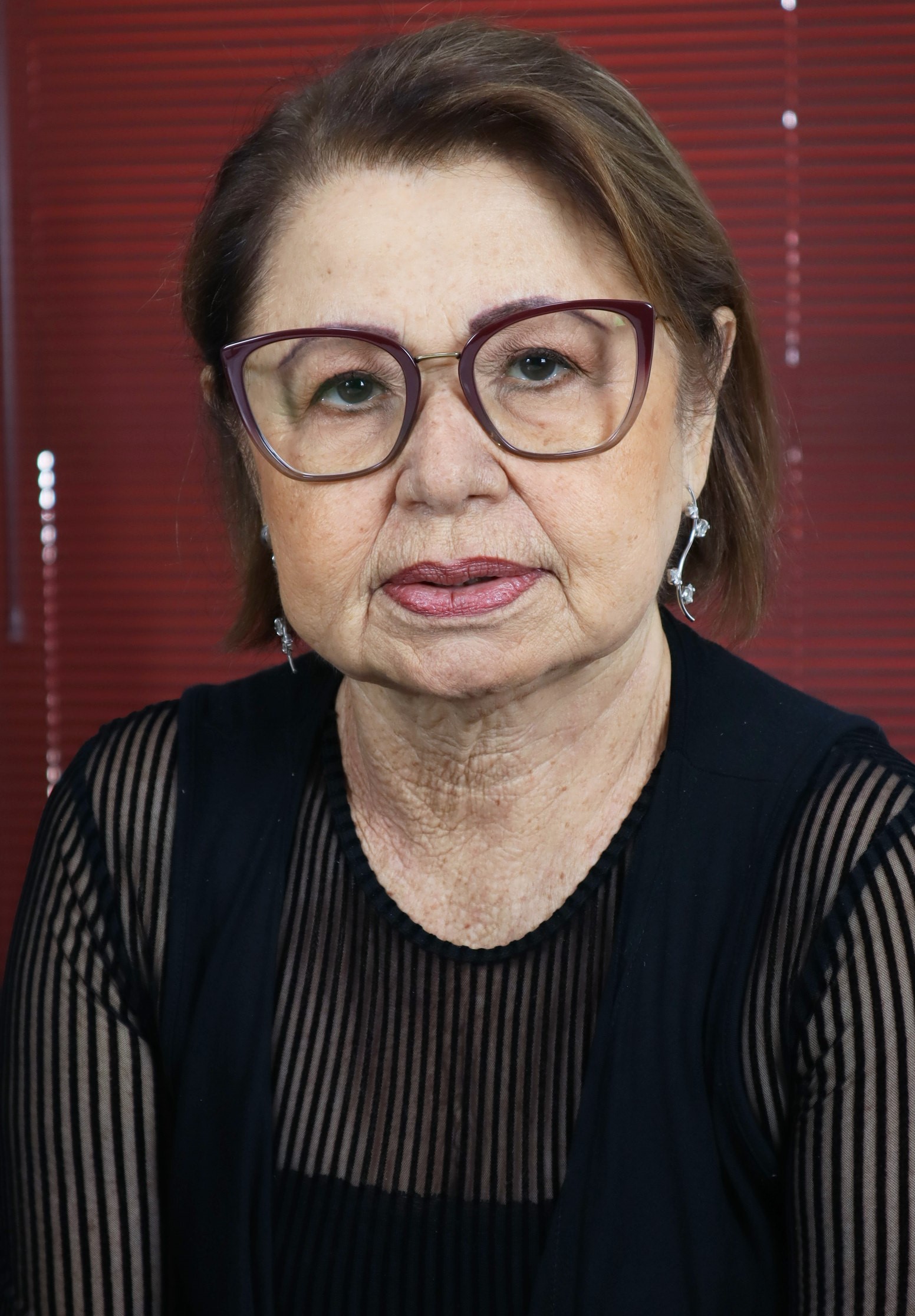 Maria Augusta Tavares
Maria Augusta Tavares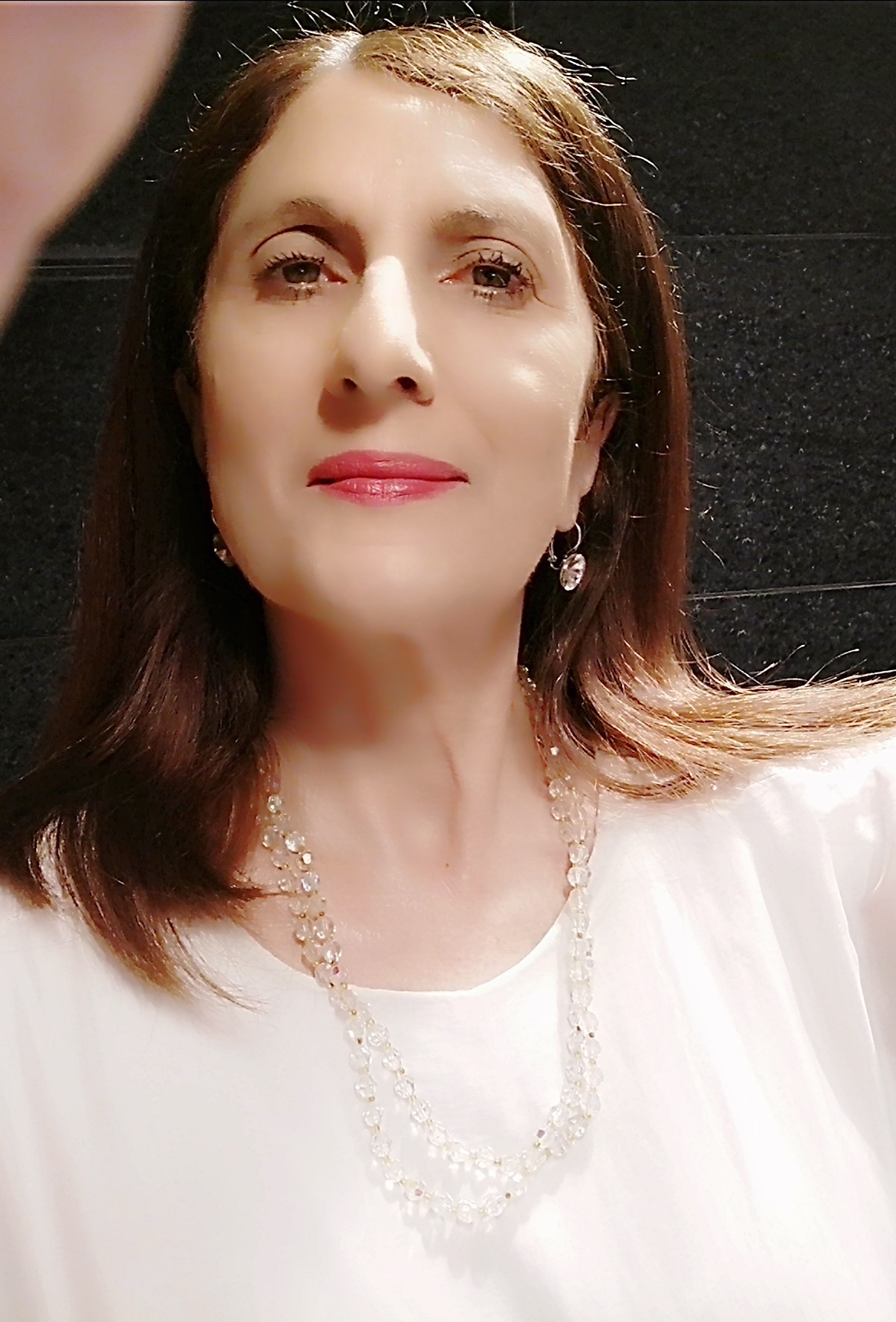 Maria da Conceição Camps
Maria da Conceição Camps Maria João Duarte
Maria João Duarte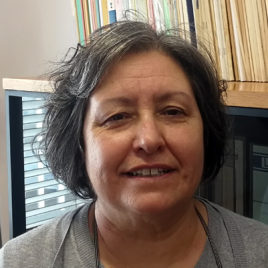 Maria Manuela Brito Martins
Maria Manuela Brito Martins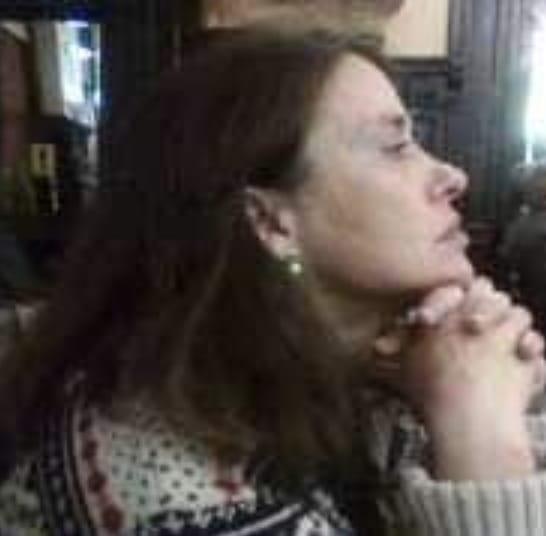 Maria Rosário Bastos
Maria Rosário Bastos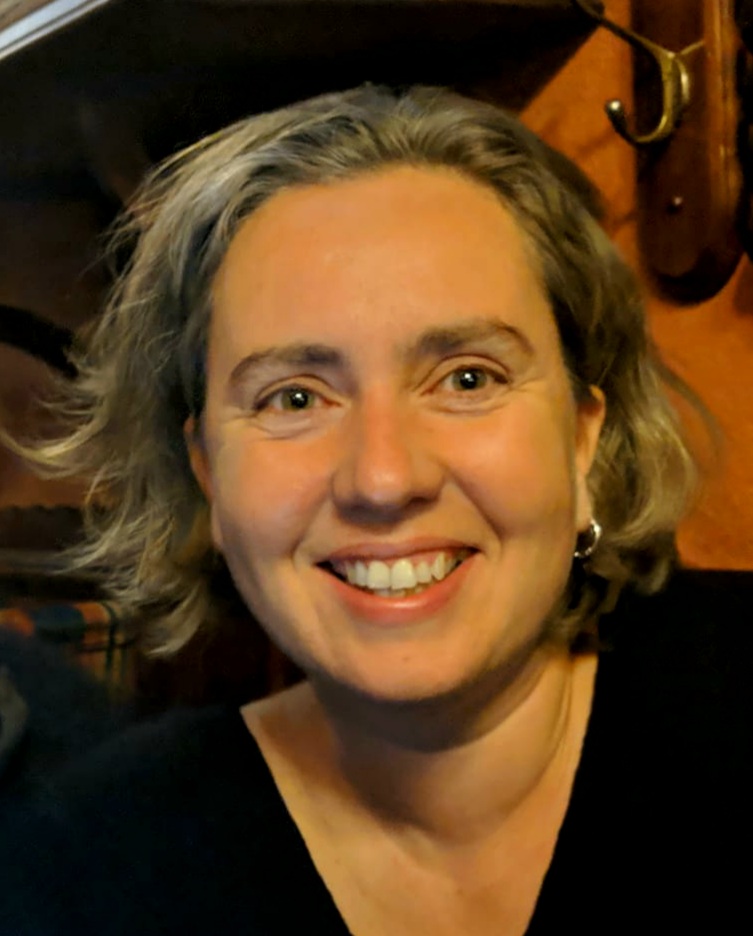 Marta Covita
Marta Covita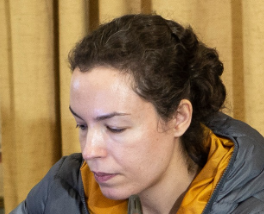 Milene Loirinho Gonçalves Alves
Milene Loirinho Gonçalves Alves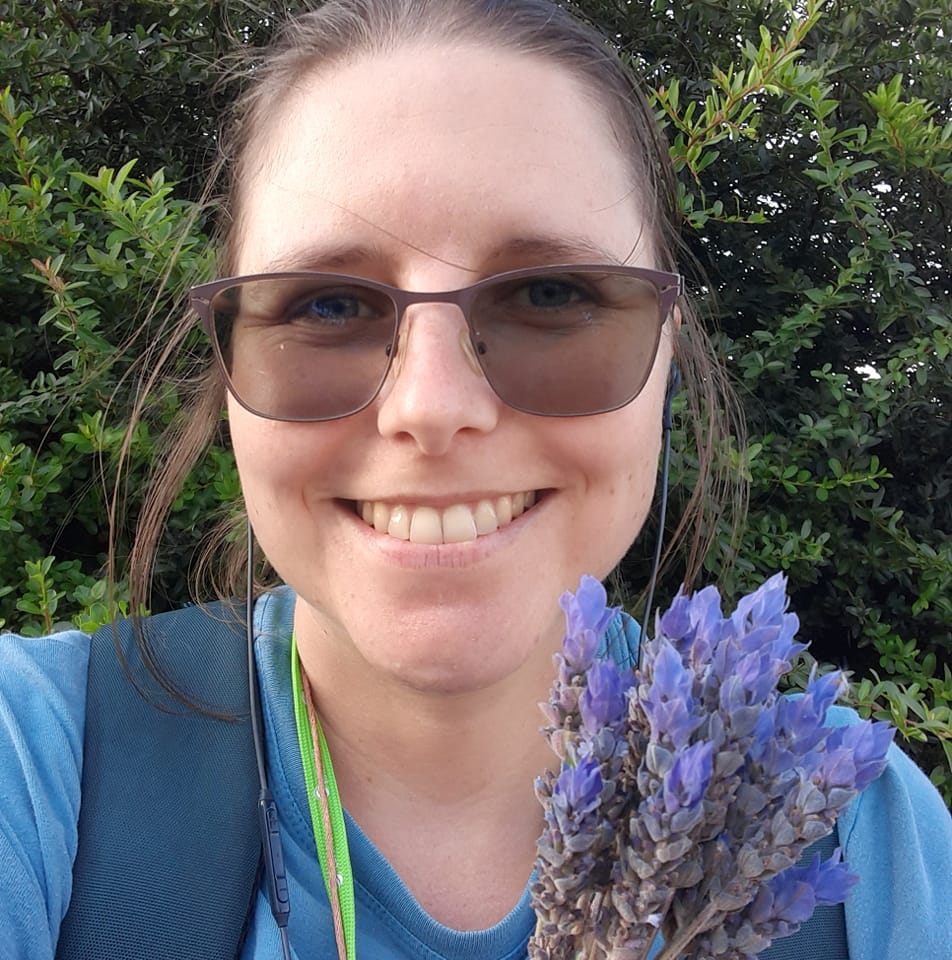 Natalia Casagrande Salvador
Natalia Casagrande Salvador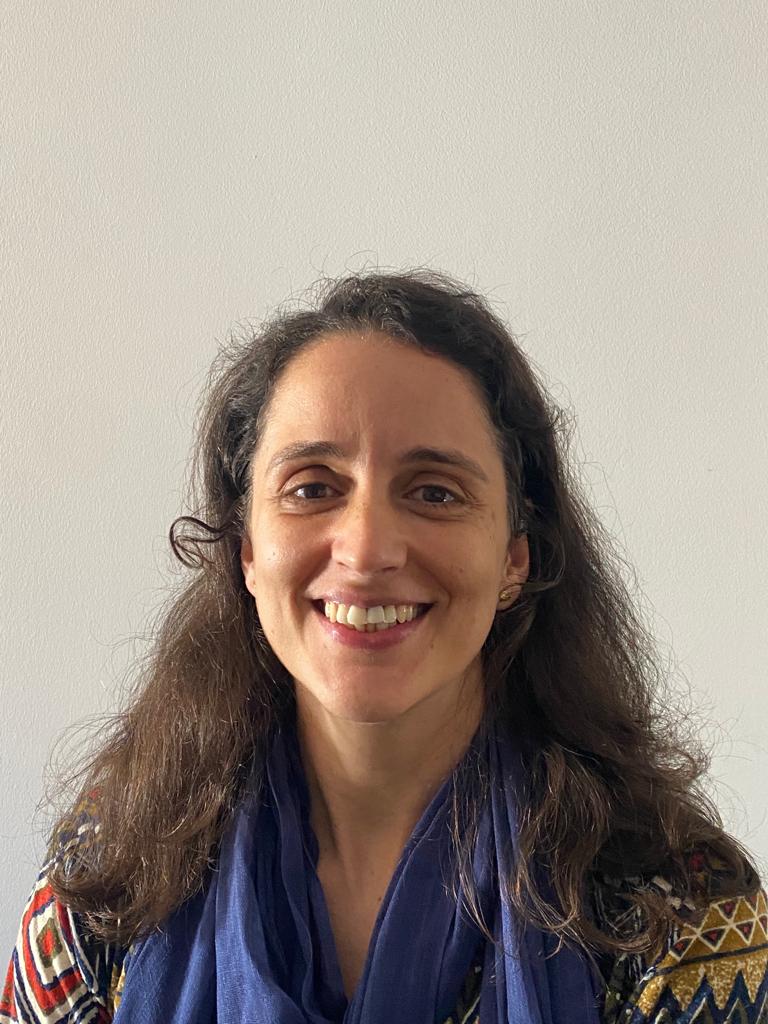 Paula Cristina Ferreira da Costa Carreira
Paula Cristina Ferreira da Costa Carreira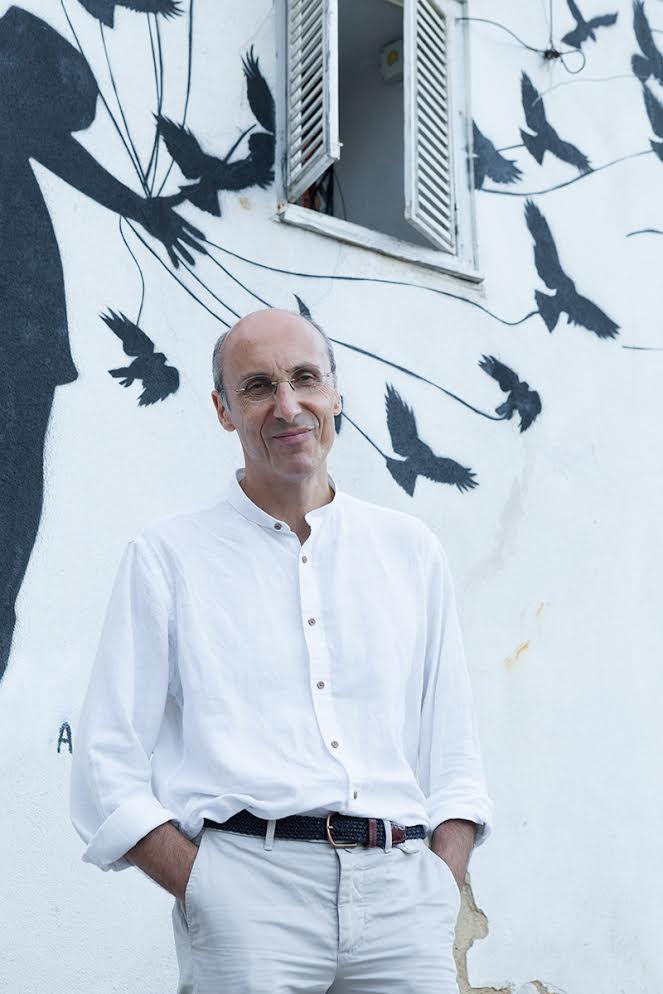 Paulo Alexandre Esteves Borges
Paulo Alexandre Esteves Borges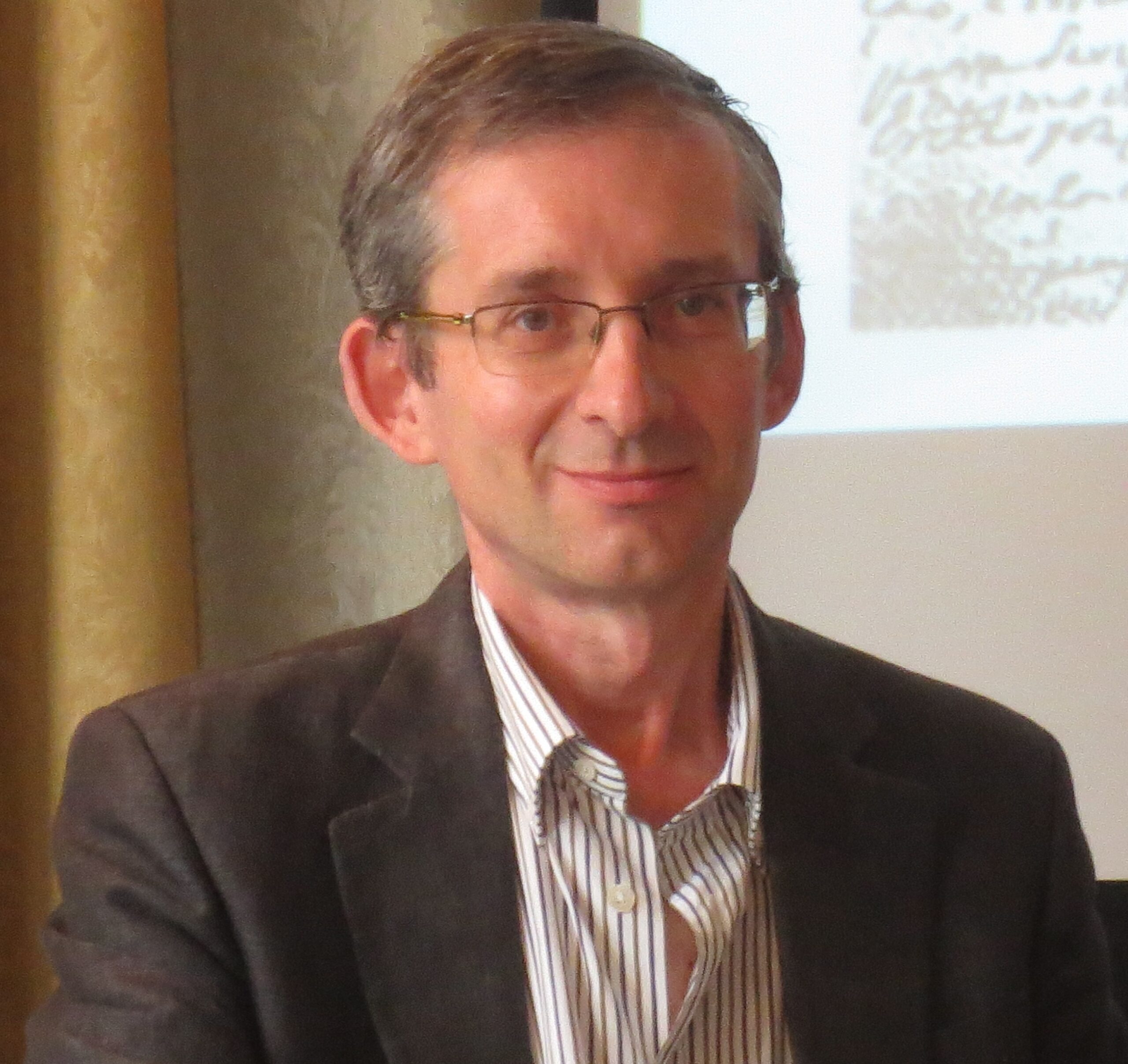 Paulo César Drumond Braga
Paulo César Drumond Braga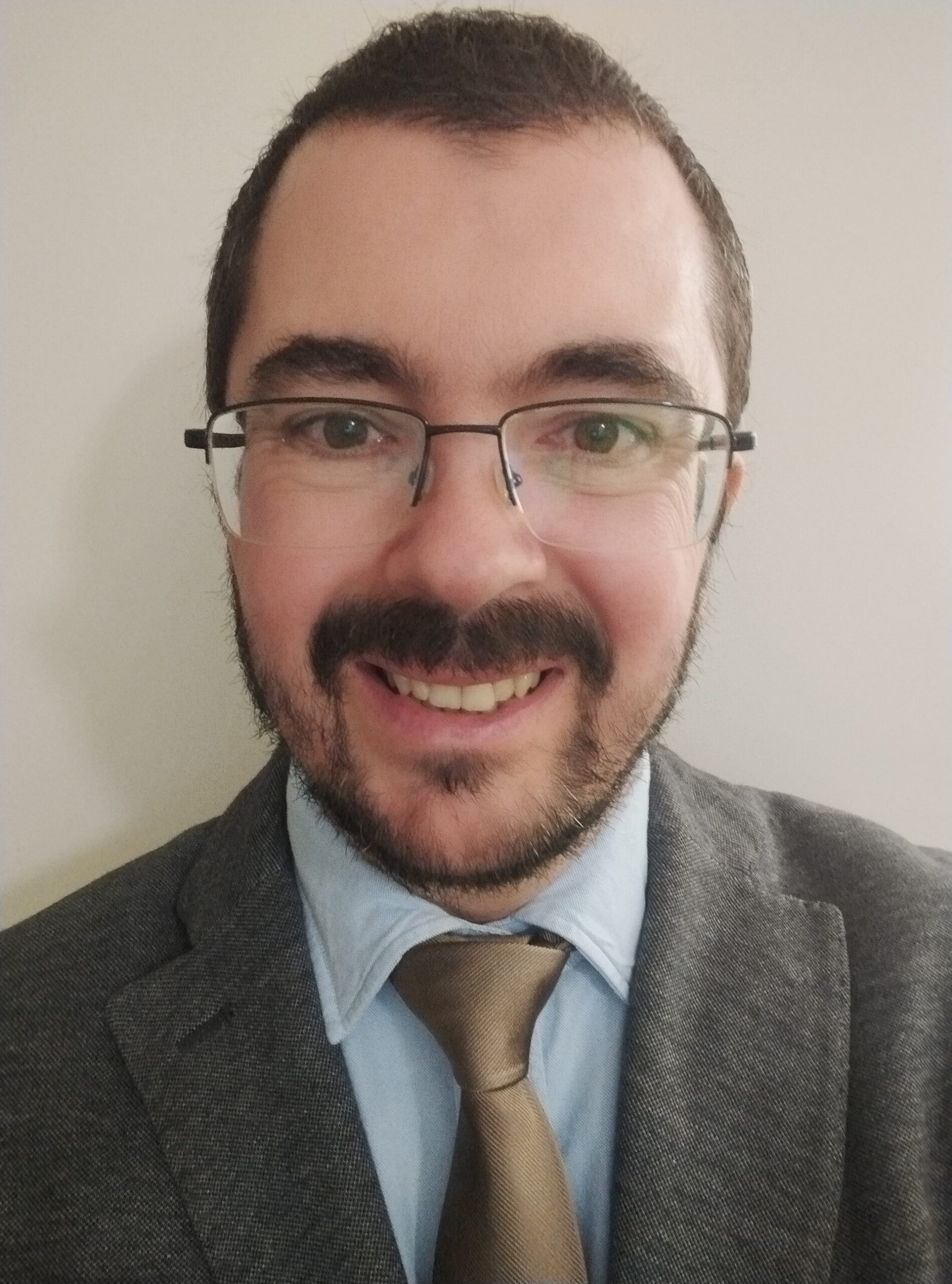 Pedro Albuquerque
Pedro Albuquerque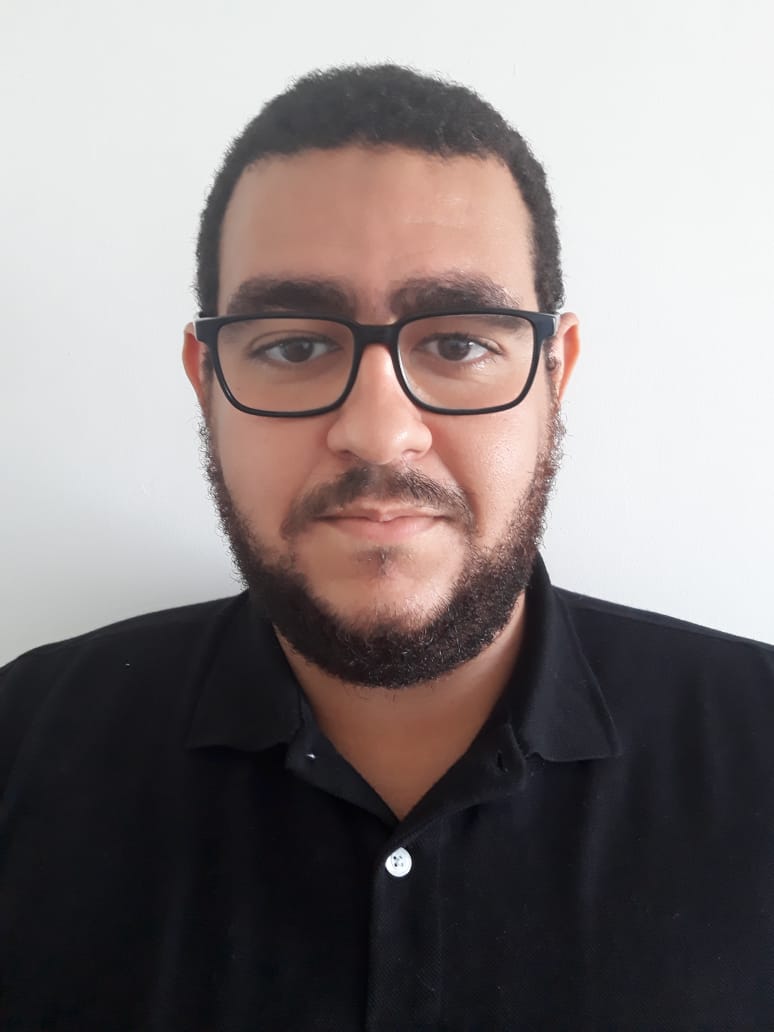 Rafael Marques Barbosa Magalhães
Rafael Marques Barbosa Magalhães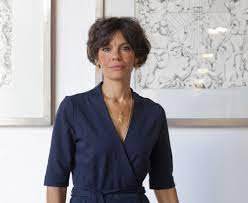 Raquel Varela
Raquel Varela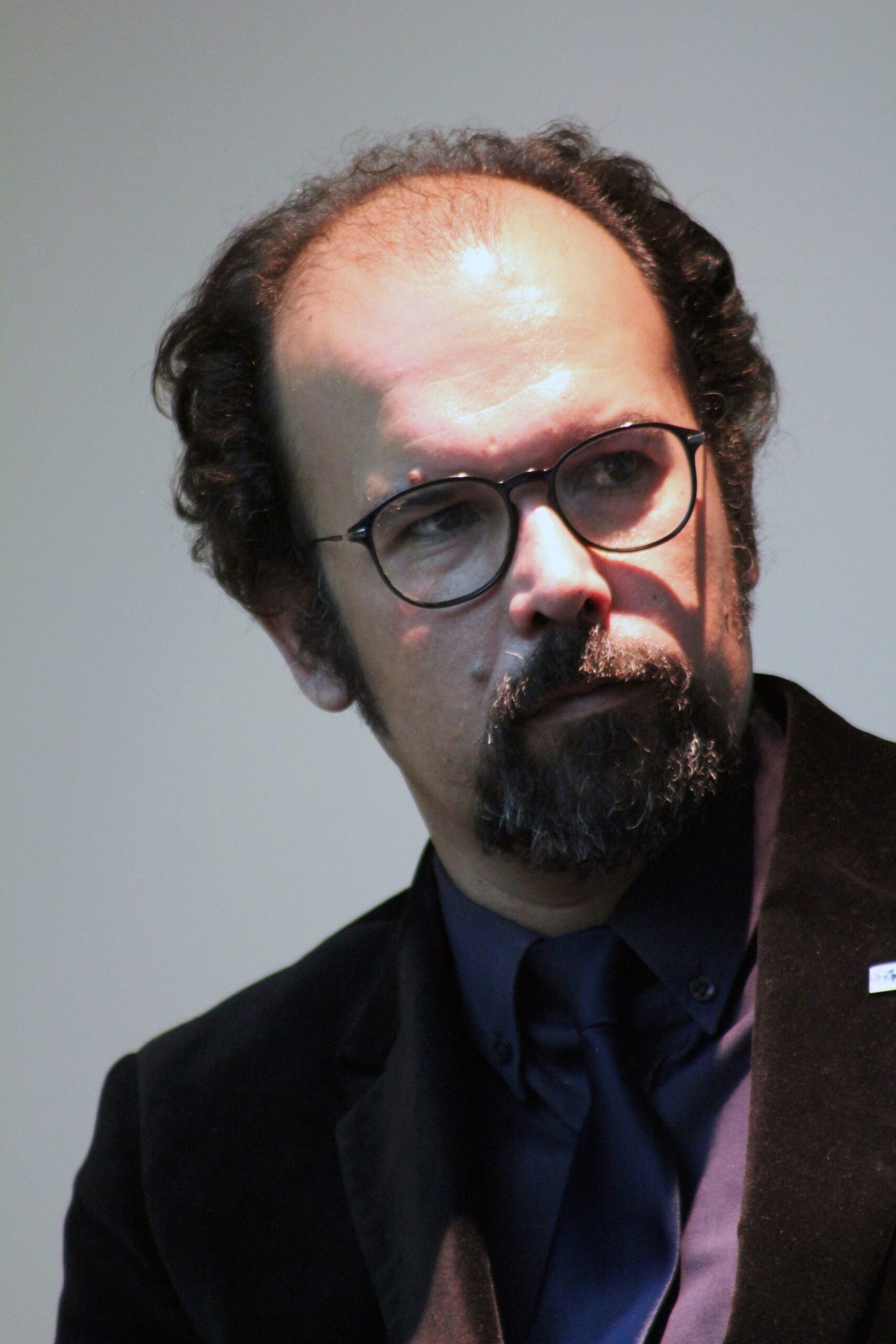 Renato Epifânio
Renato Epifânio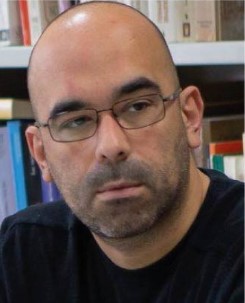 Ricardo Nuno de Jesus Ventura
Ricardo Nuno de Jesus Ventura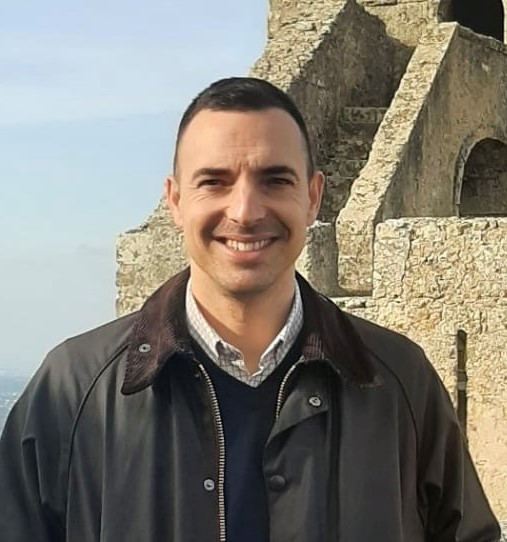 Ricardo Pessa de Oliveira
Ricardo Pessa de Oliveira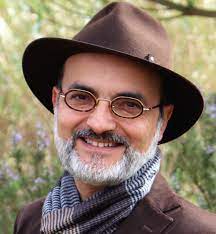 Samuel Fernando Rodrigues Dimas
Samuel Fernando Rodrigues Dimas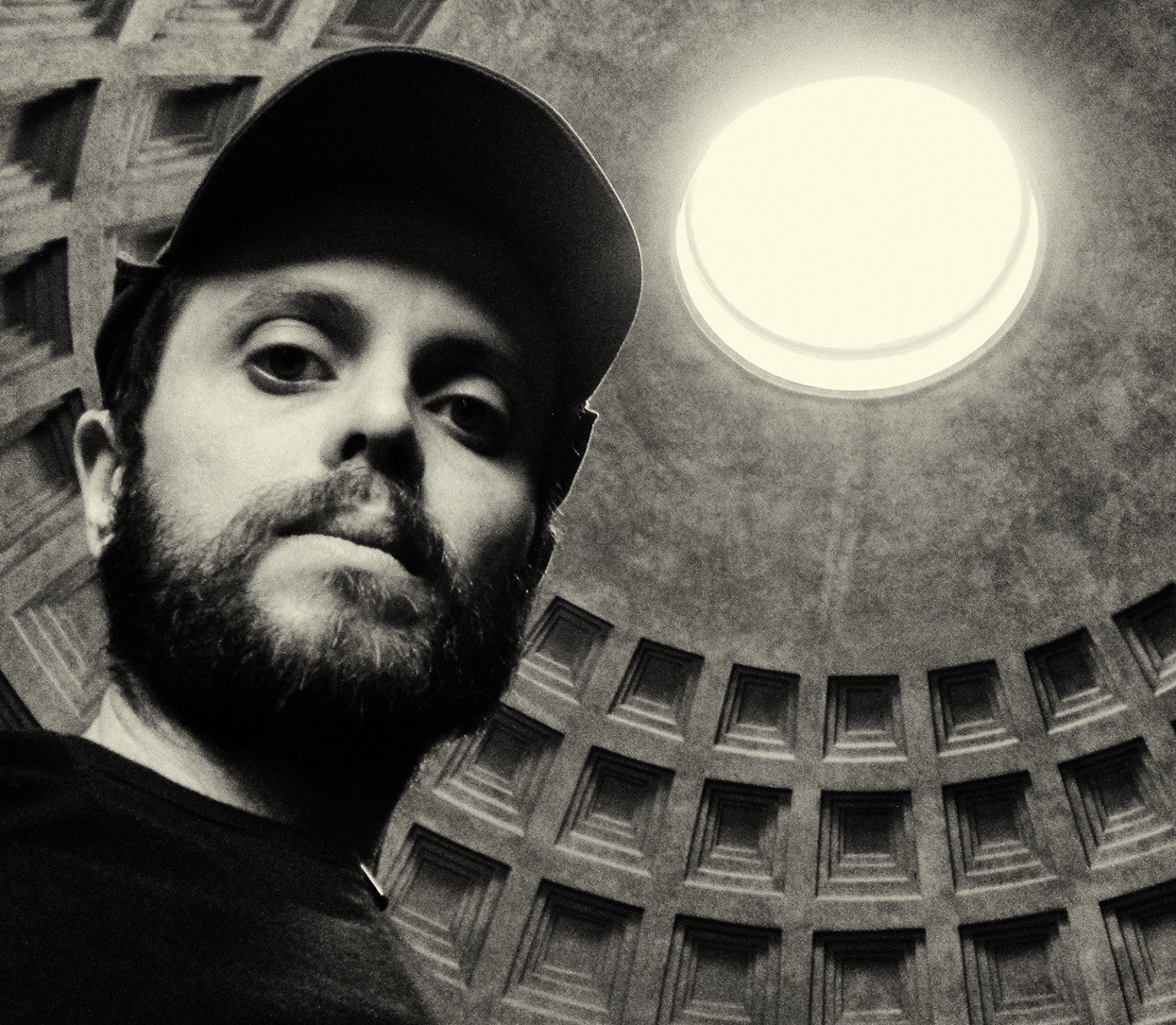 Silvio Luiz Cordeiro
Silvio Luiz Cordeiro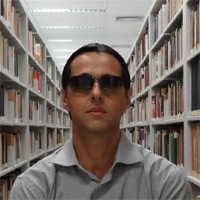 Sílvio Tamaso D’Onofrio
Sílvio Tamaso D’Onofrio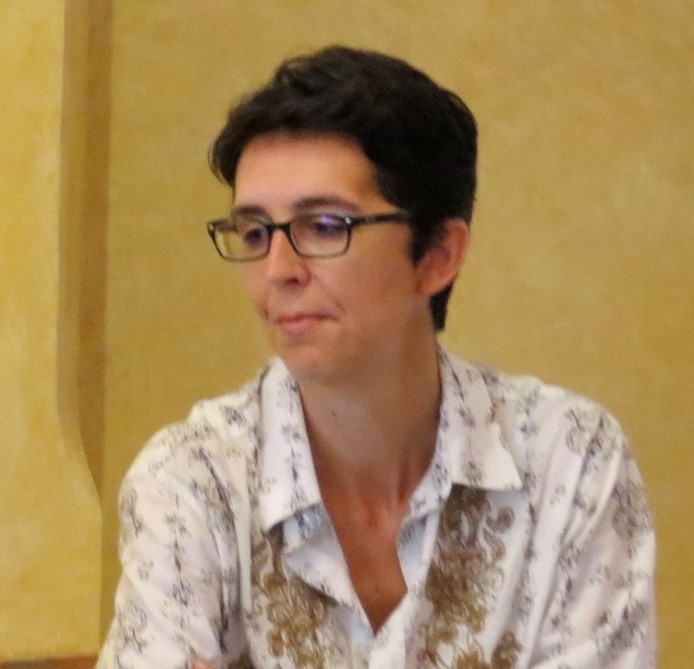 Susana Mota
Susana Mota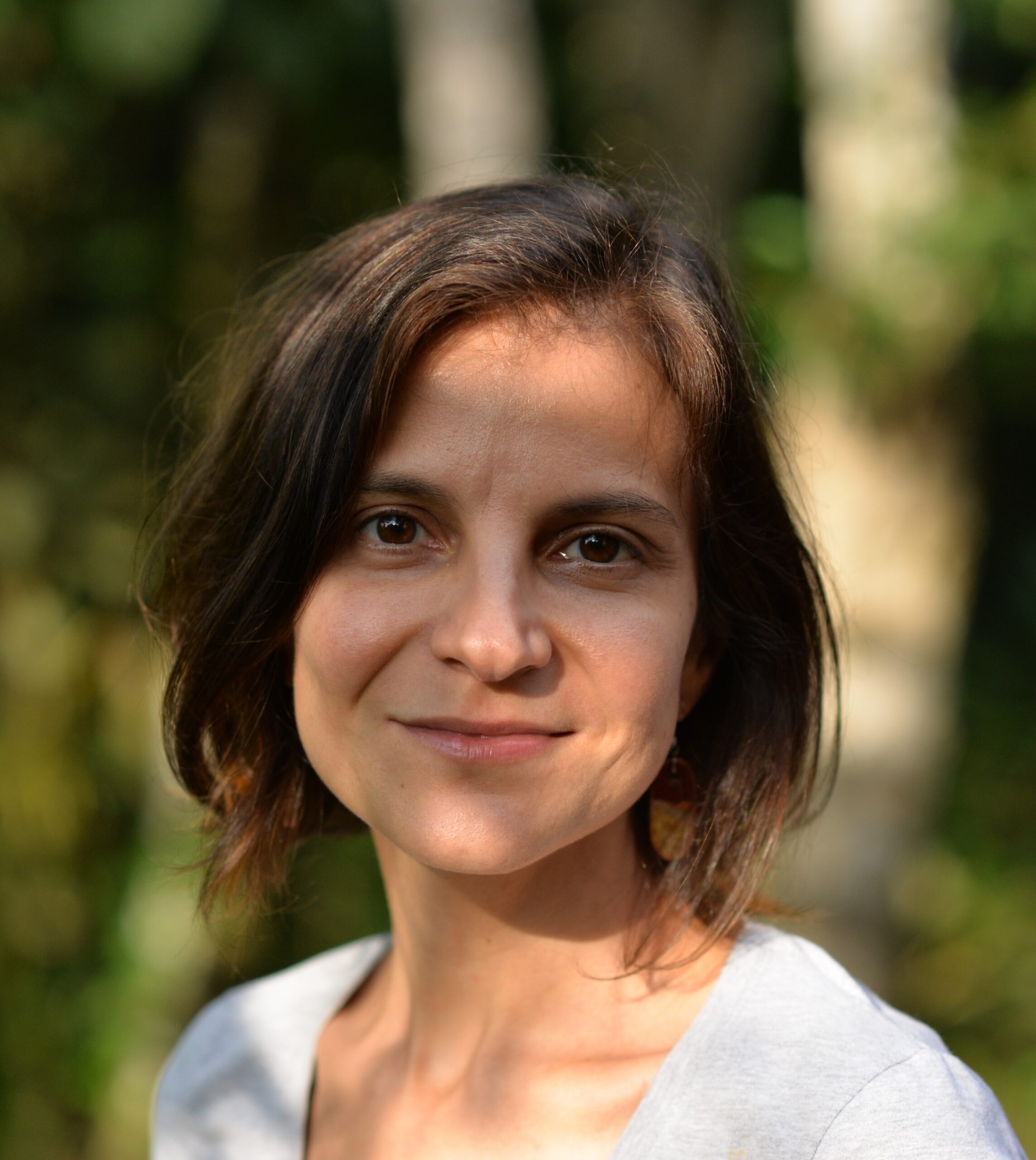 Virgínia de Almeida Bessa
Virgínia de Almeida Bessa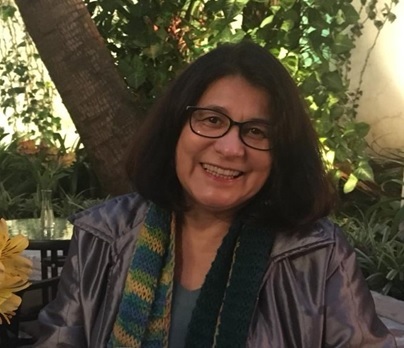 Yara Felicidade de Souza Reis
Yara Felicidade de Souza Reis
